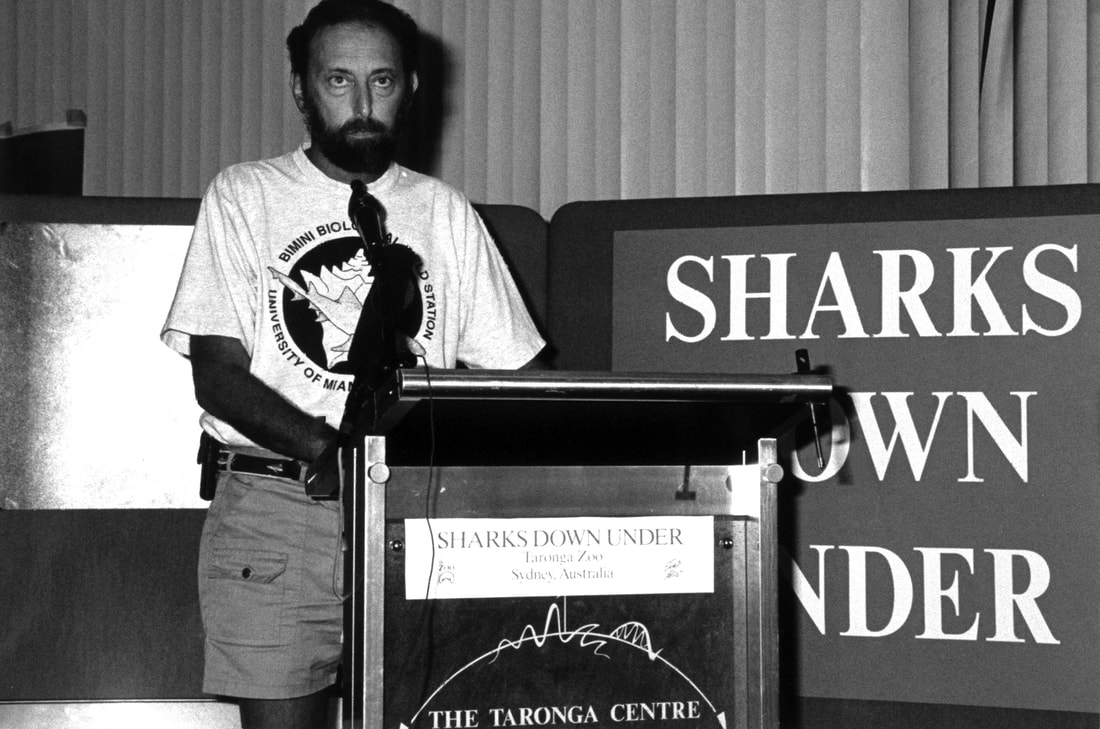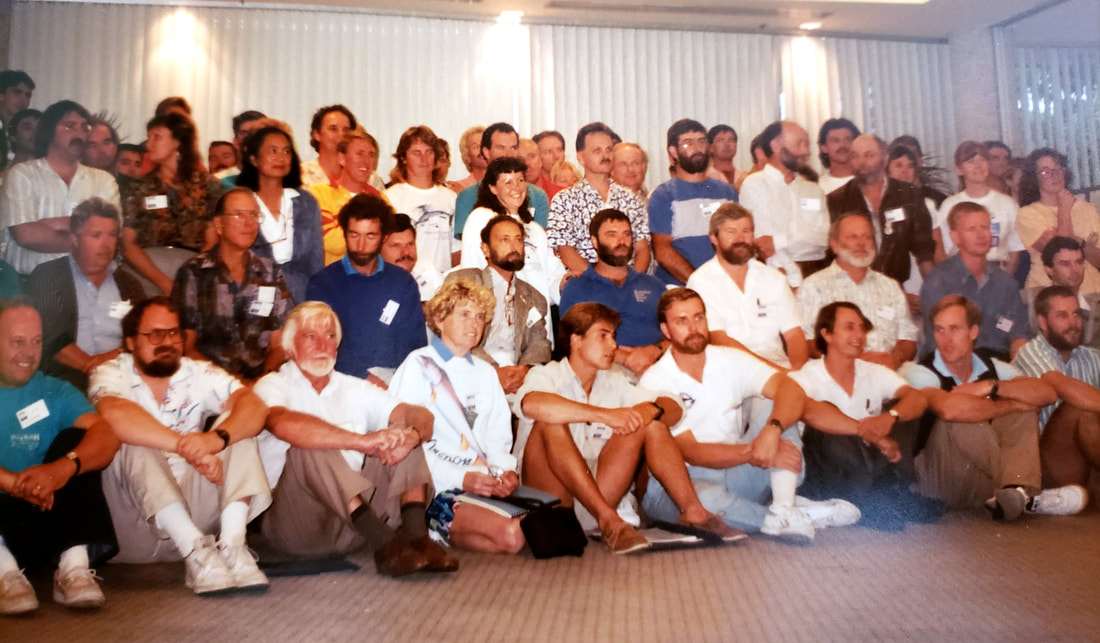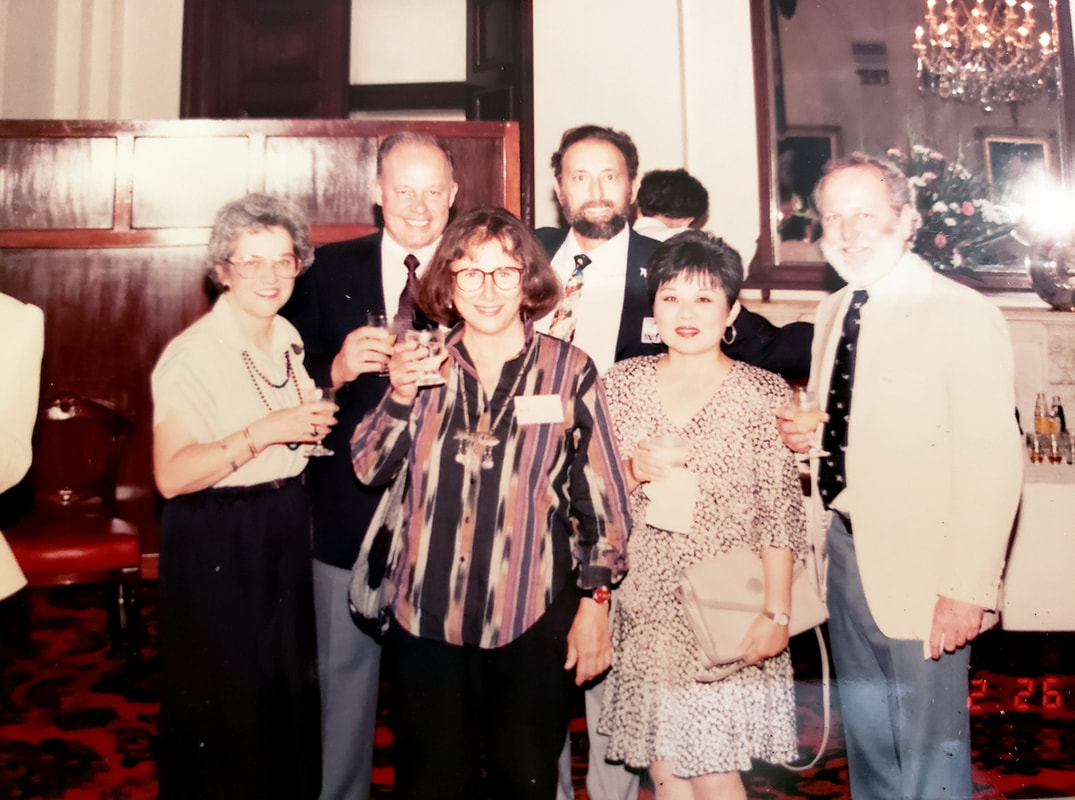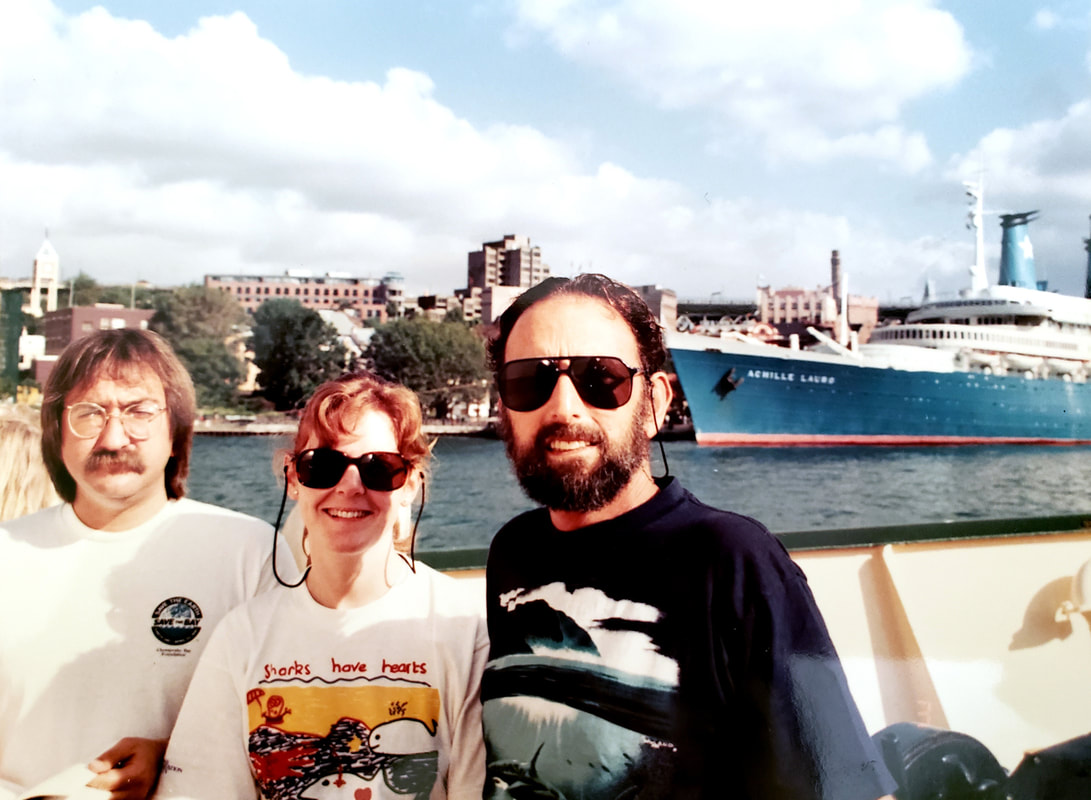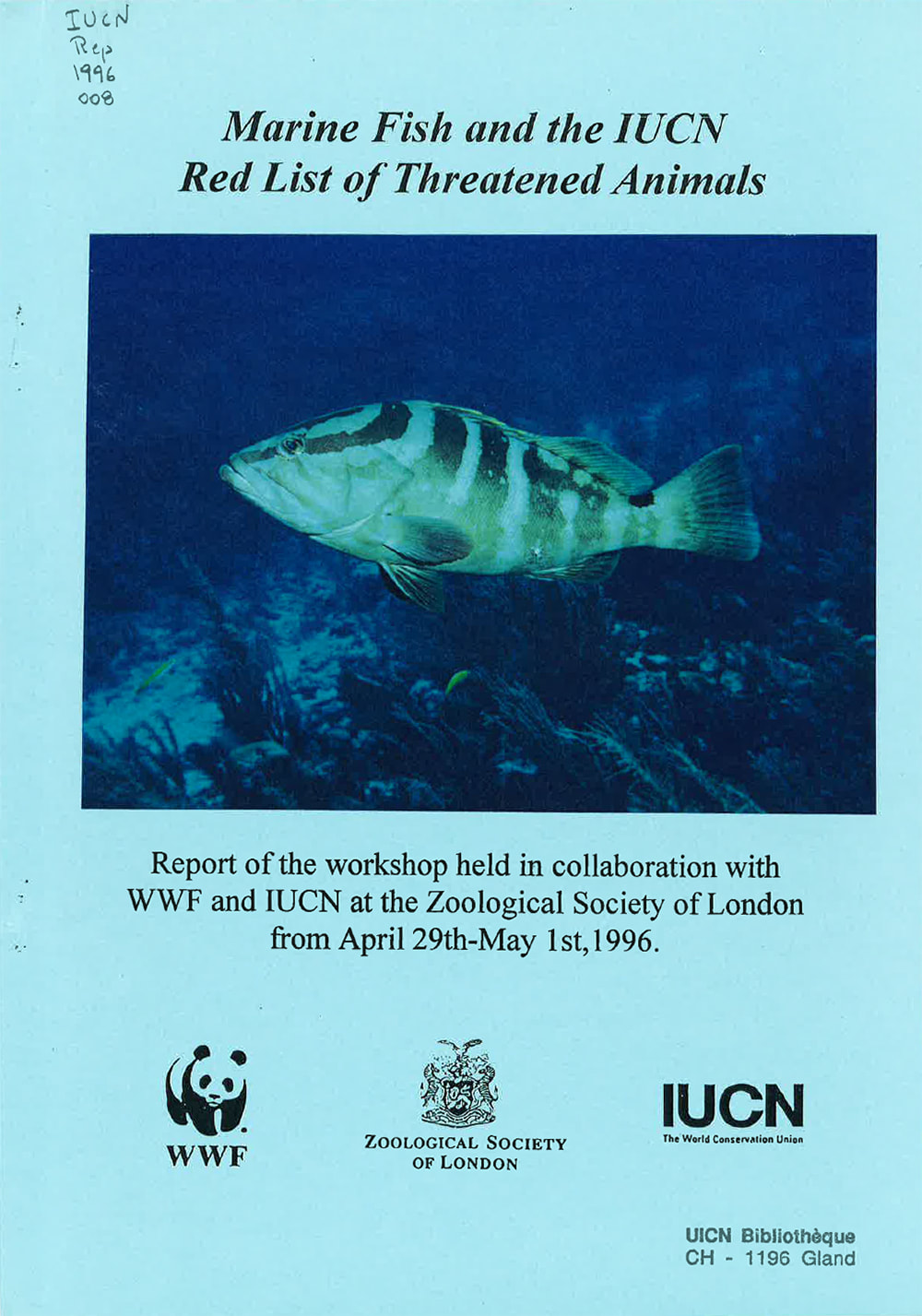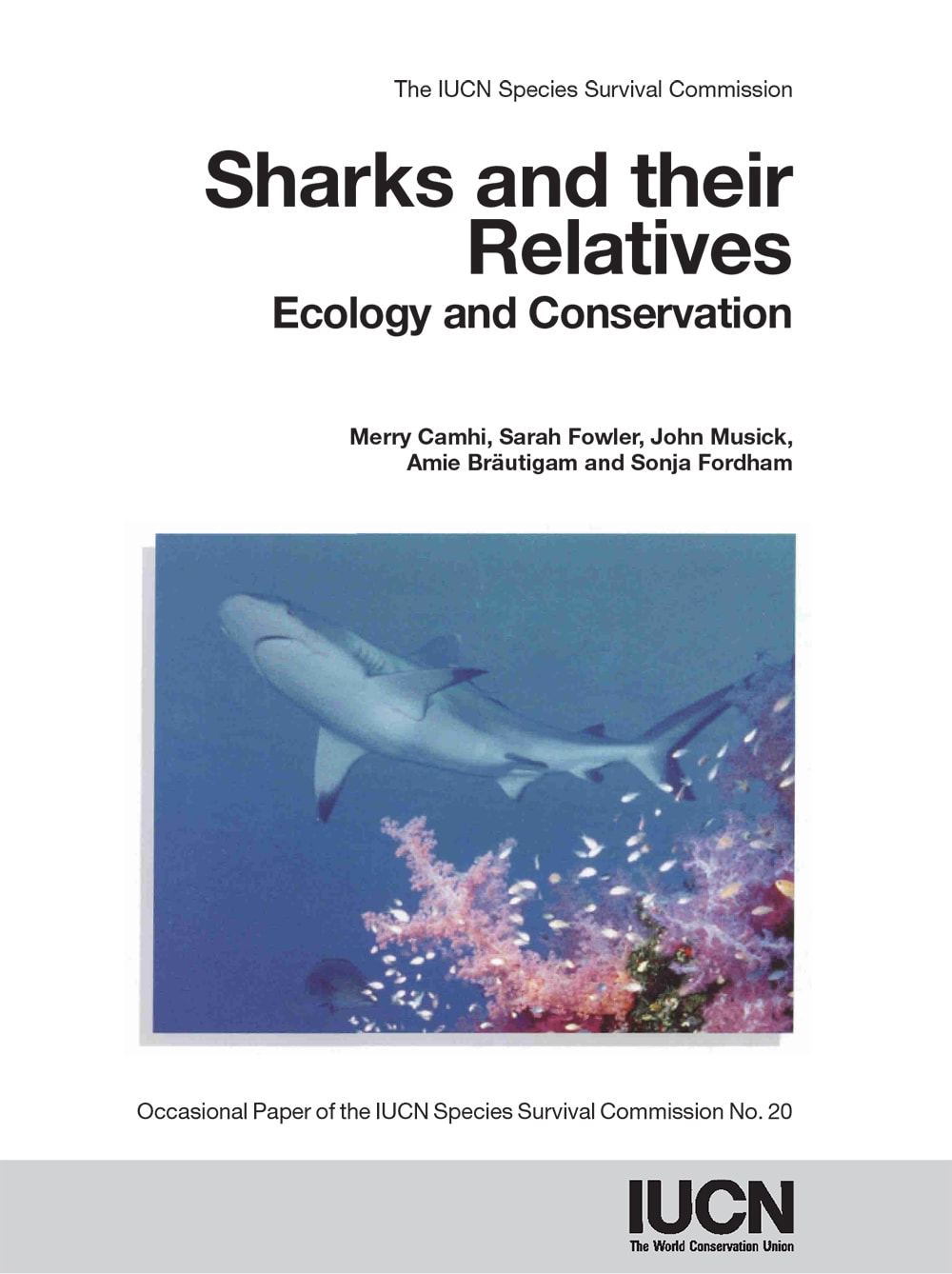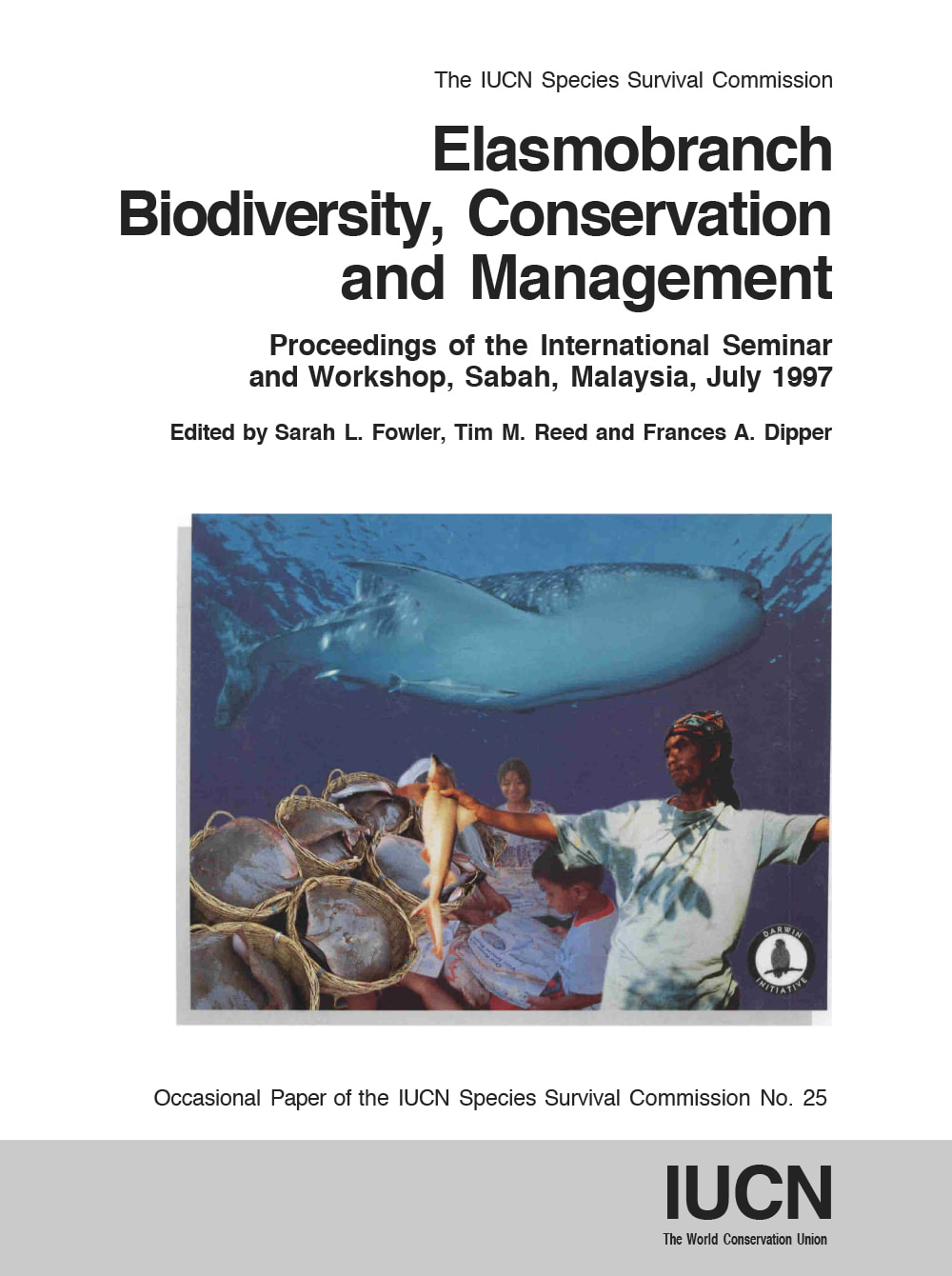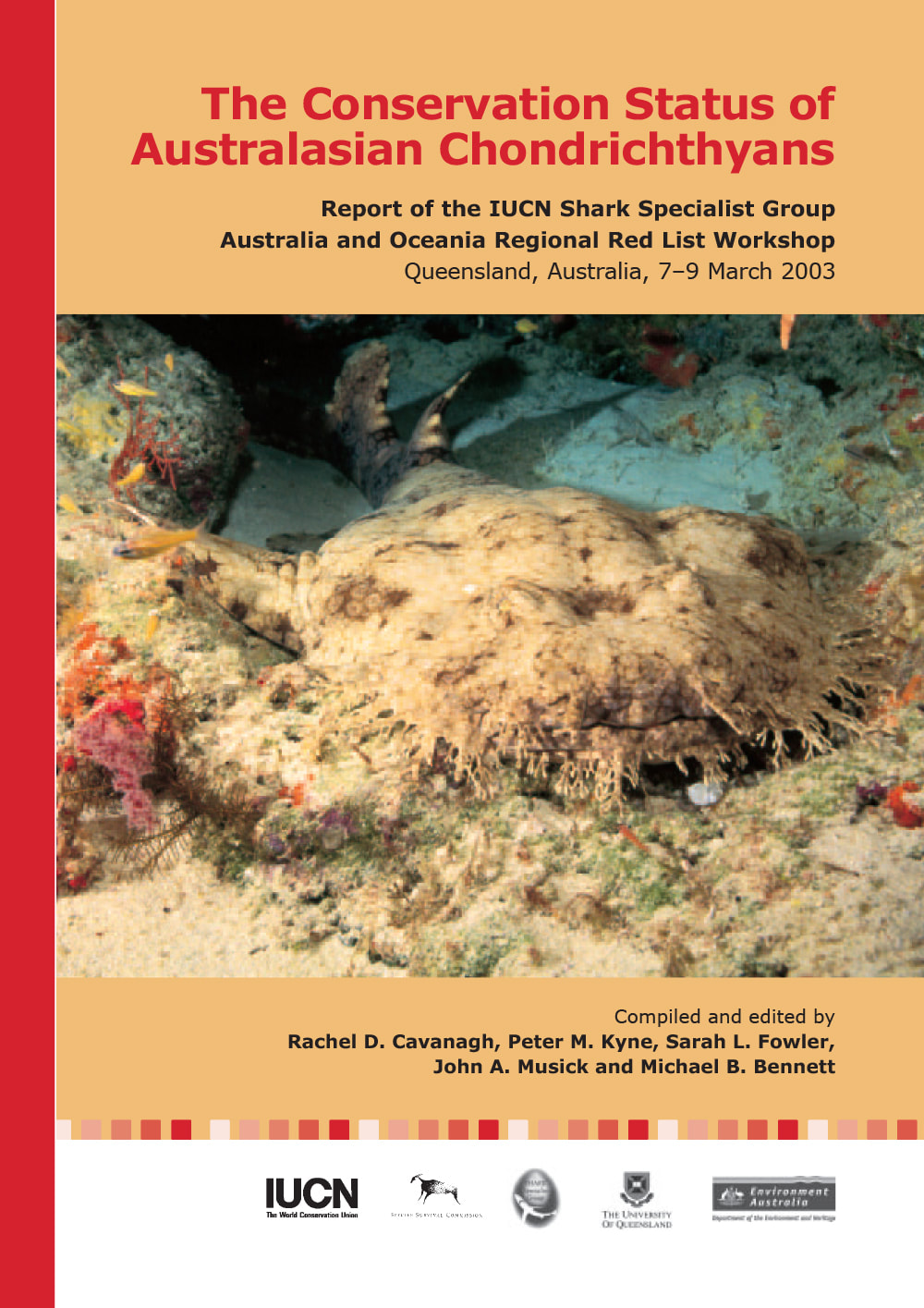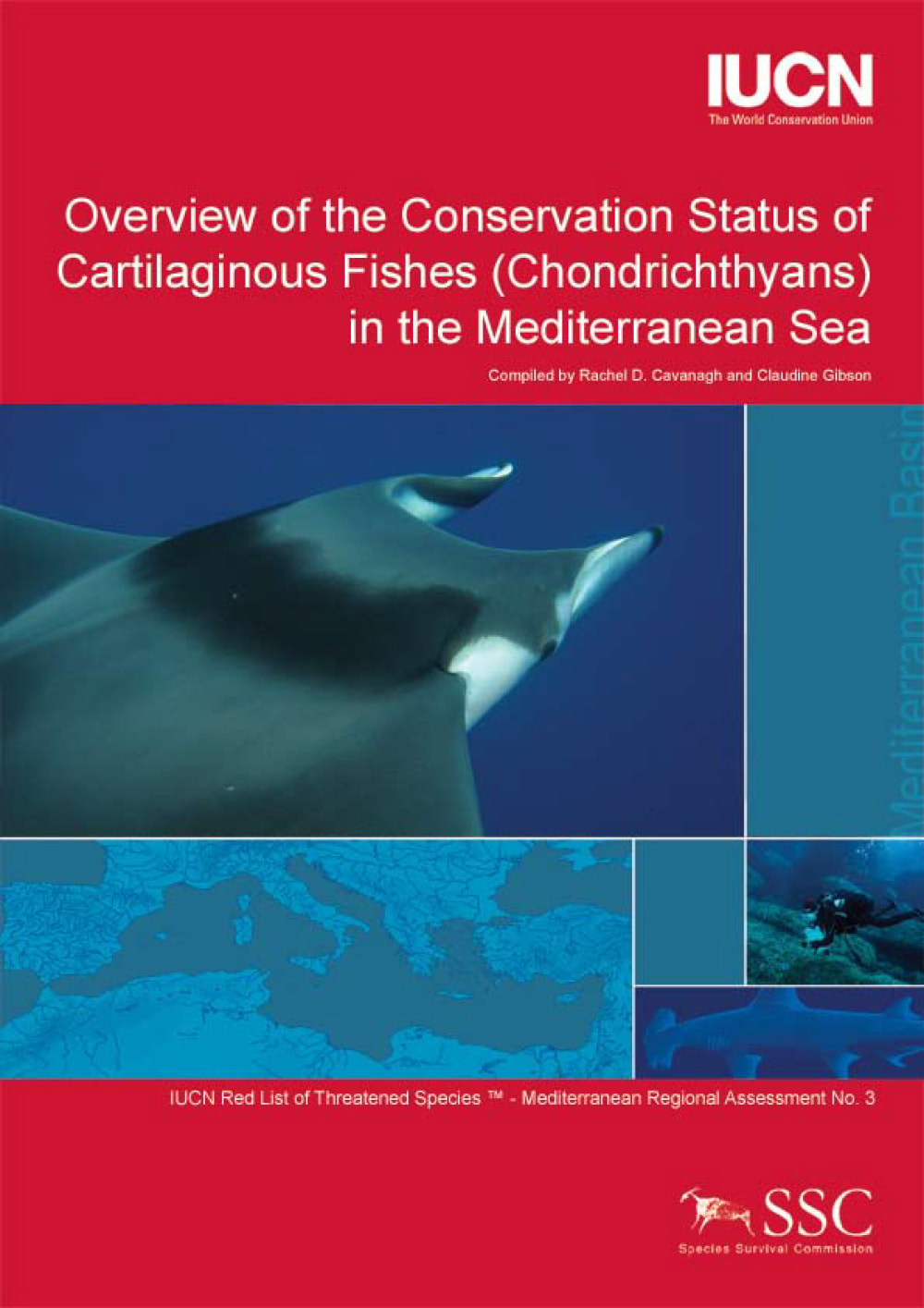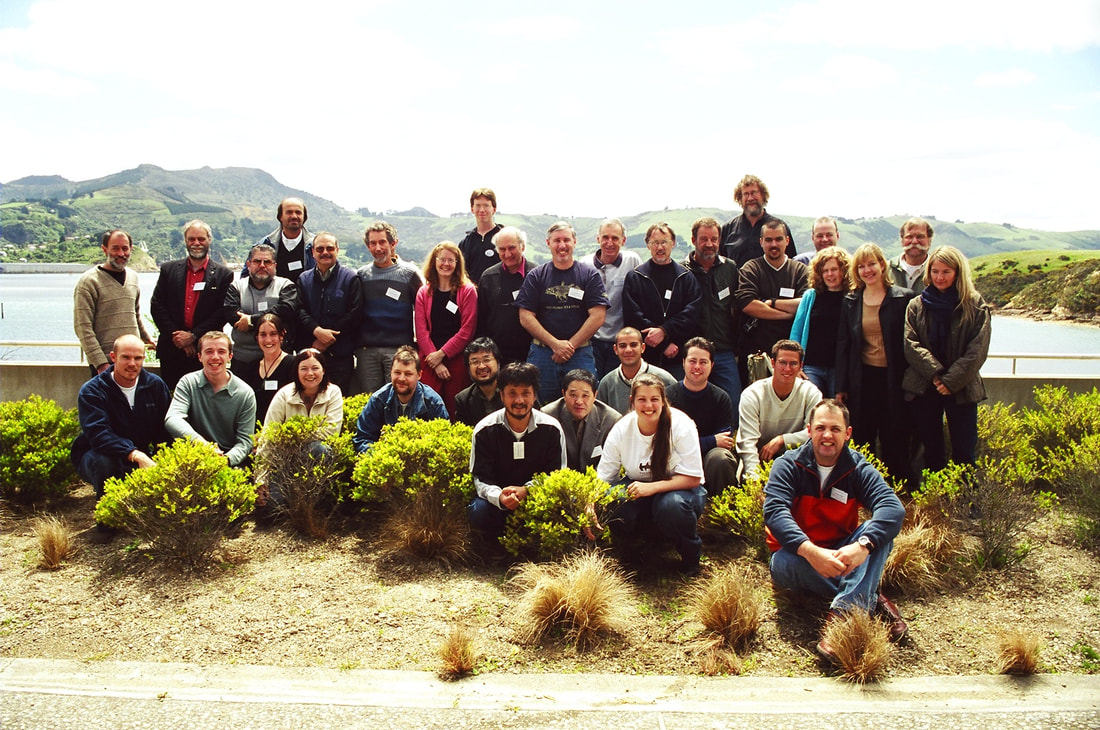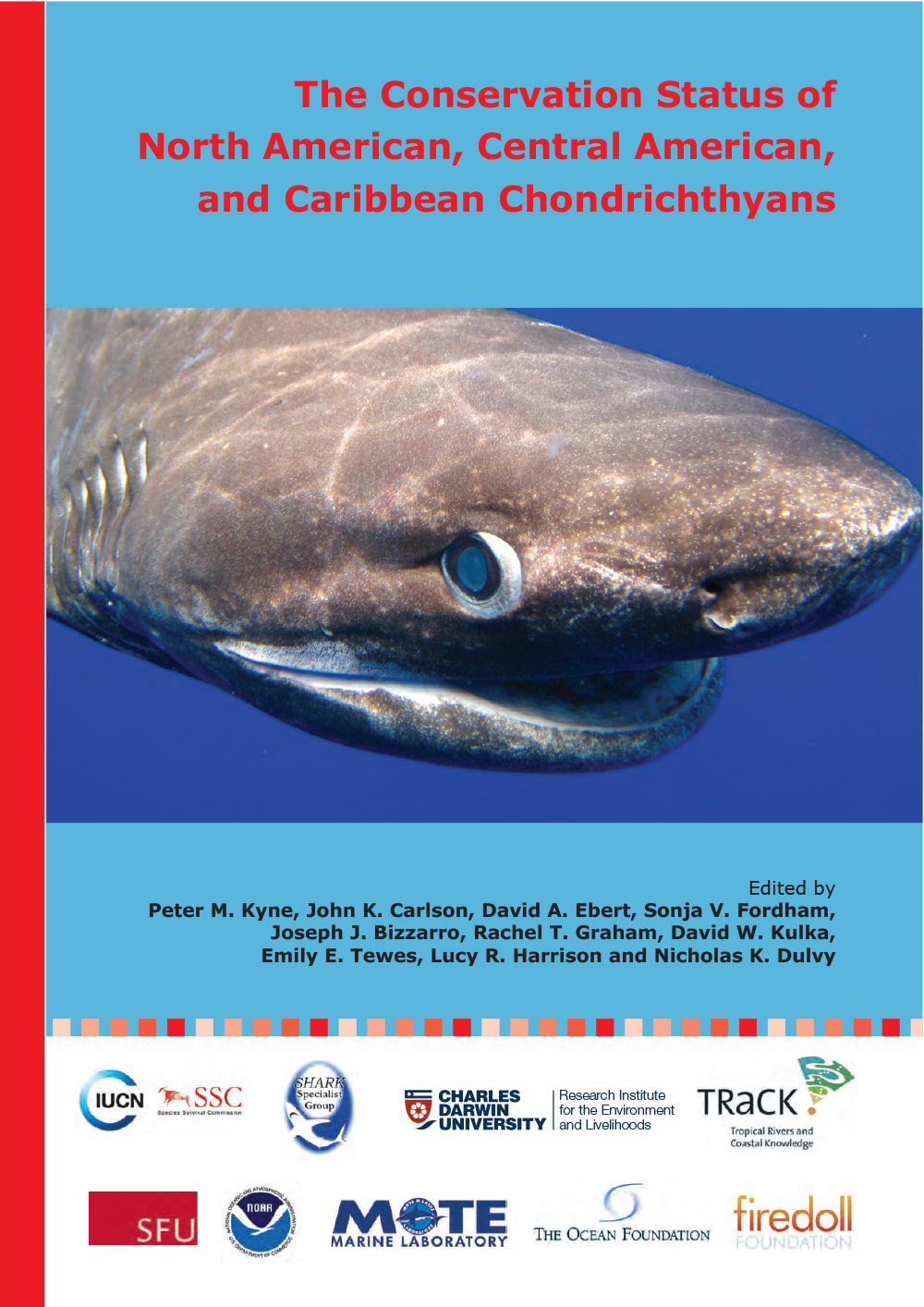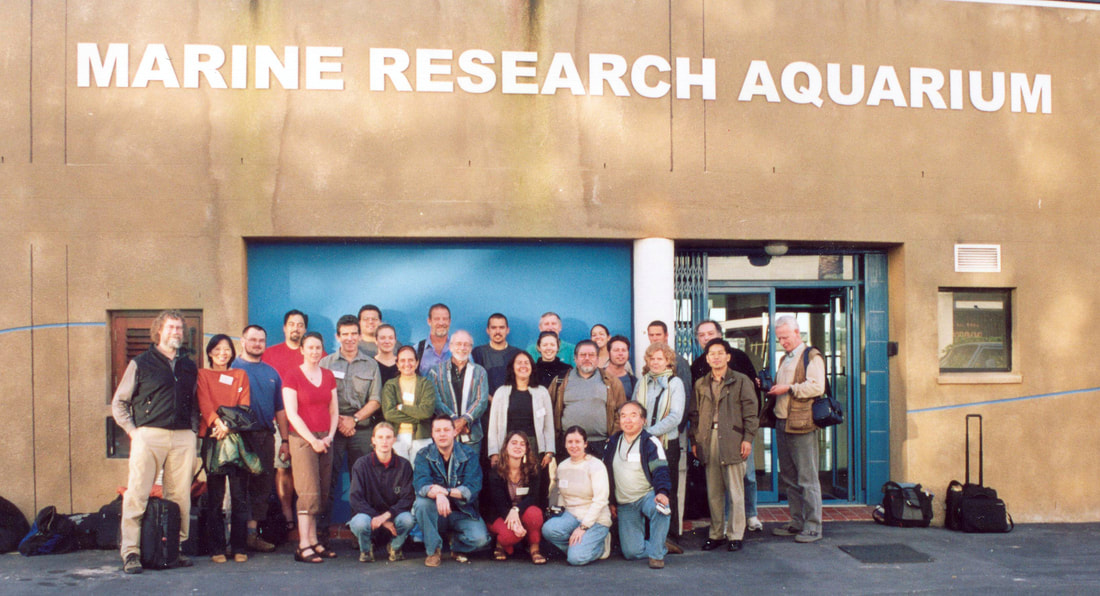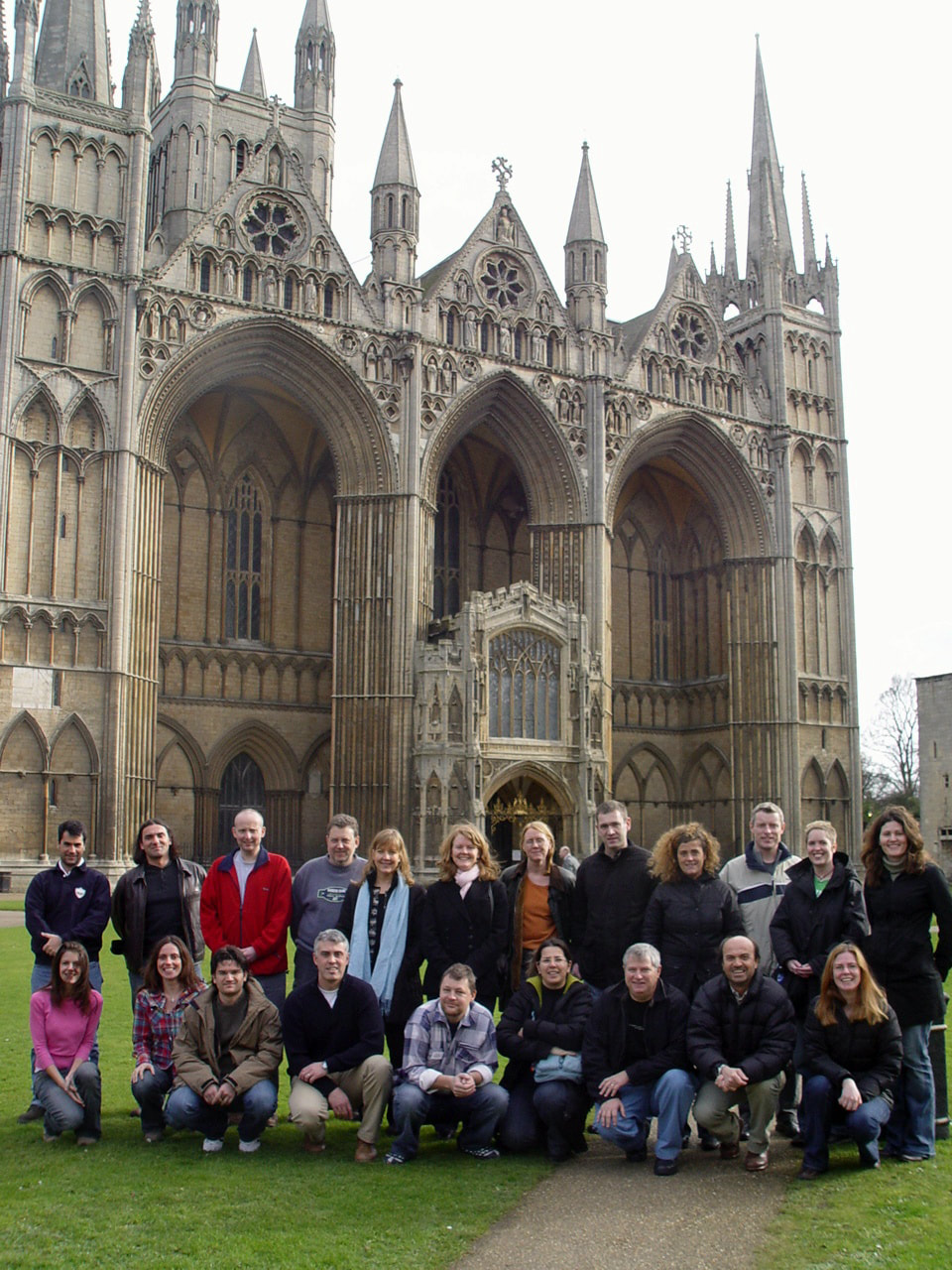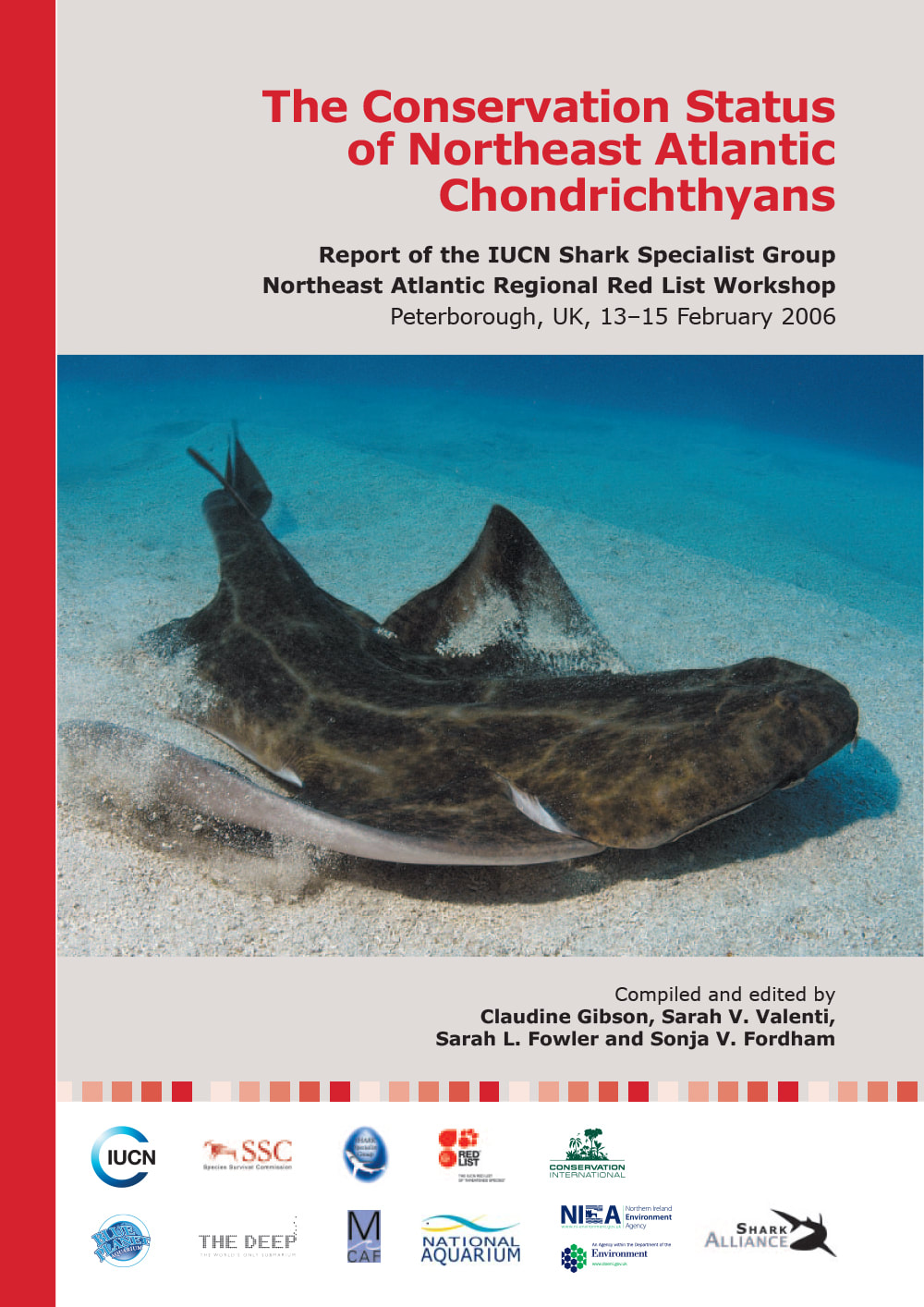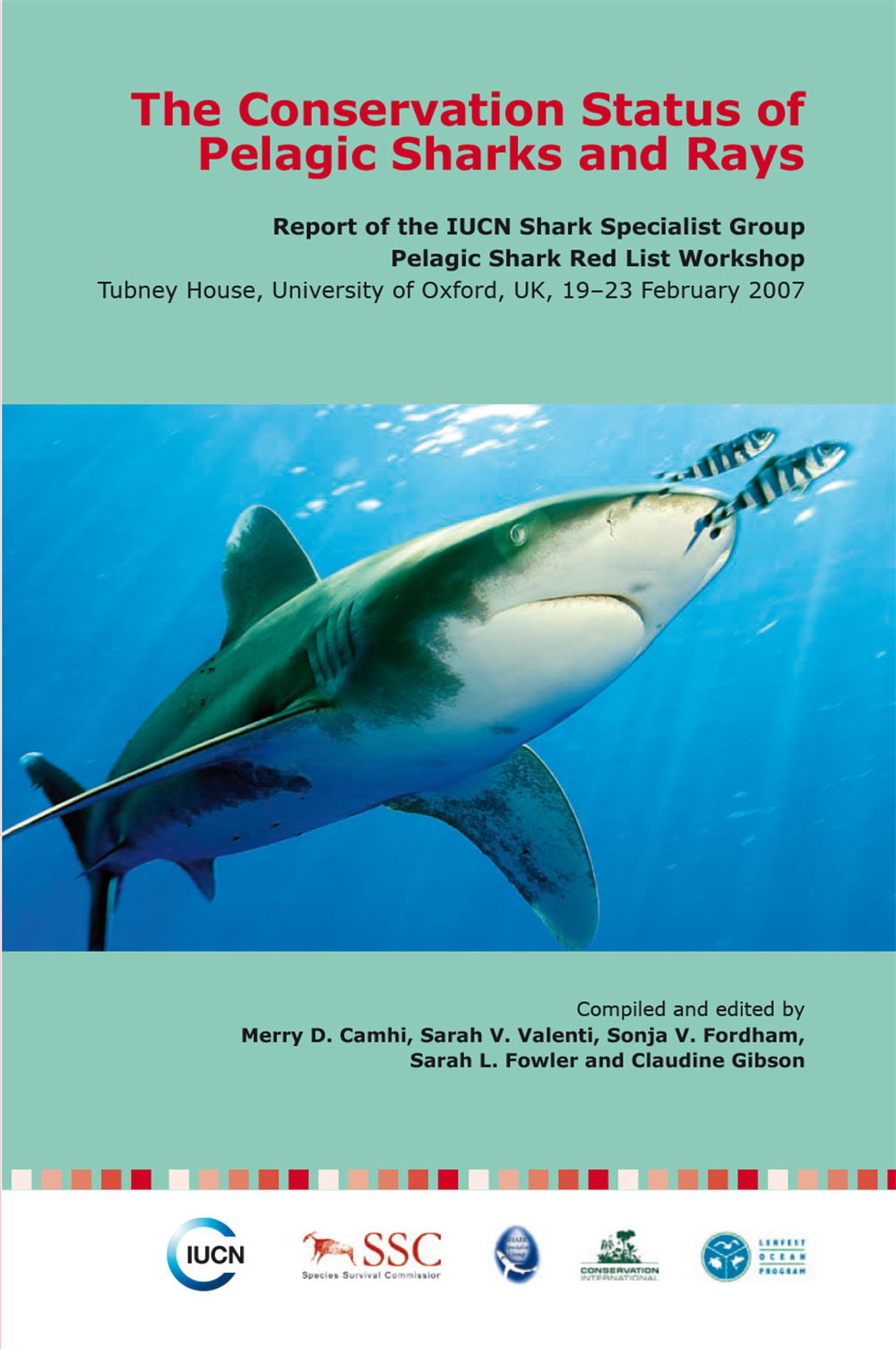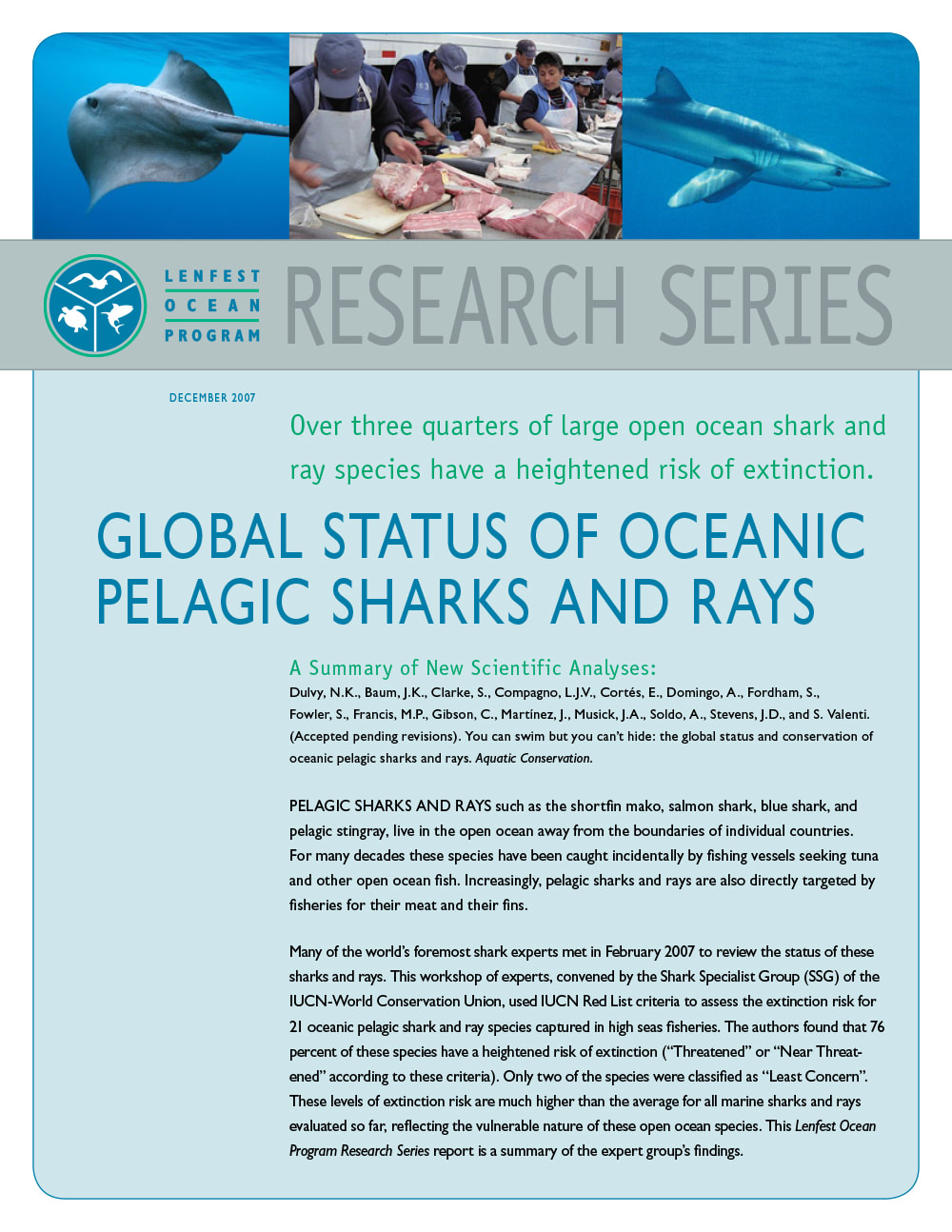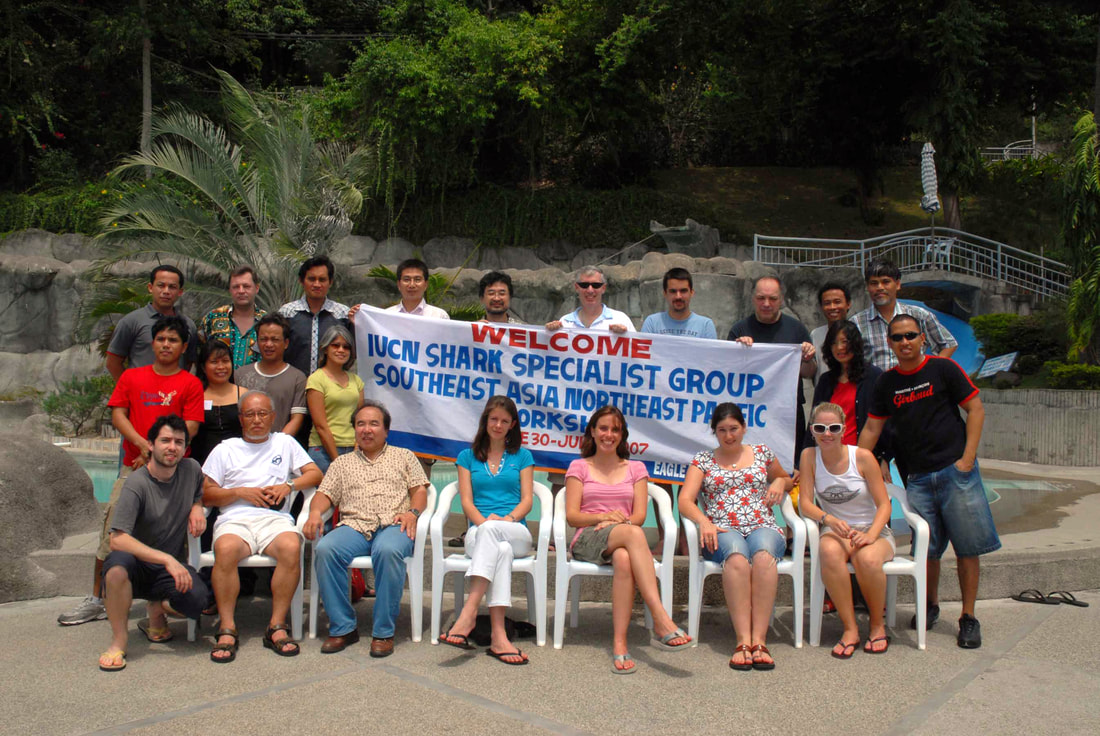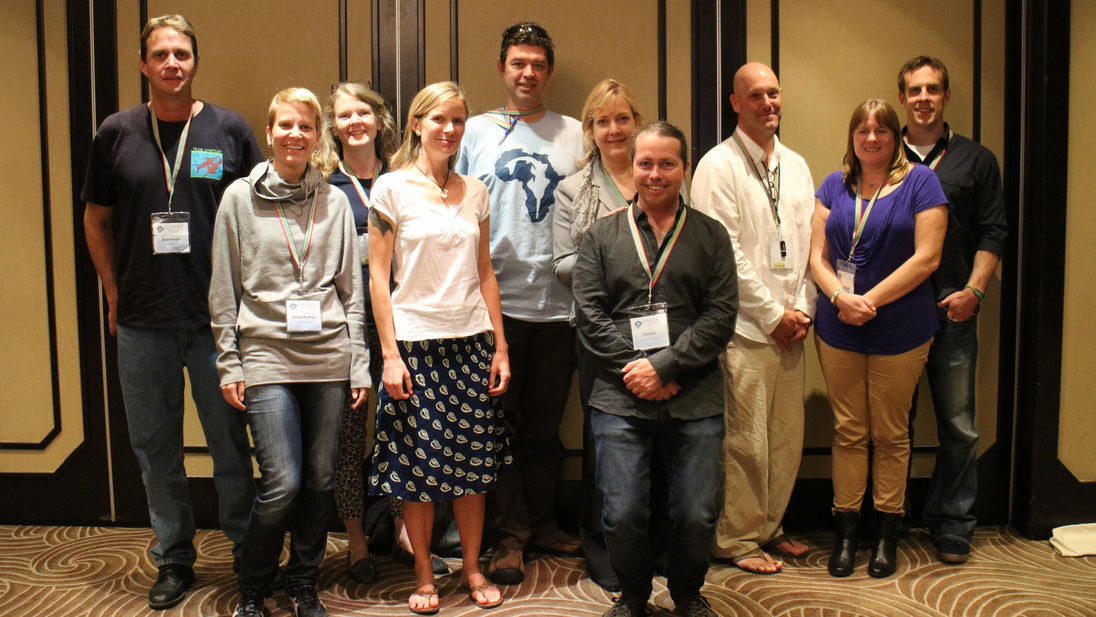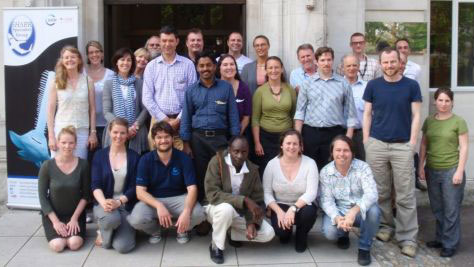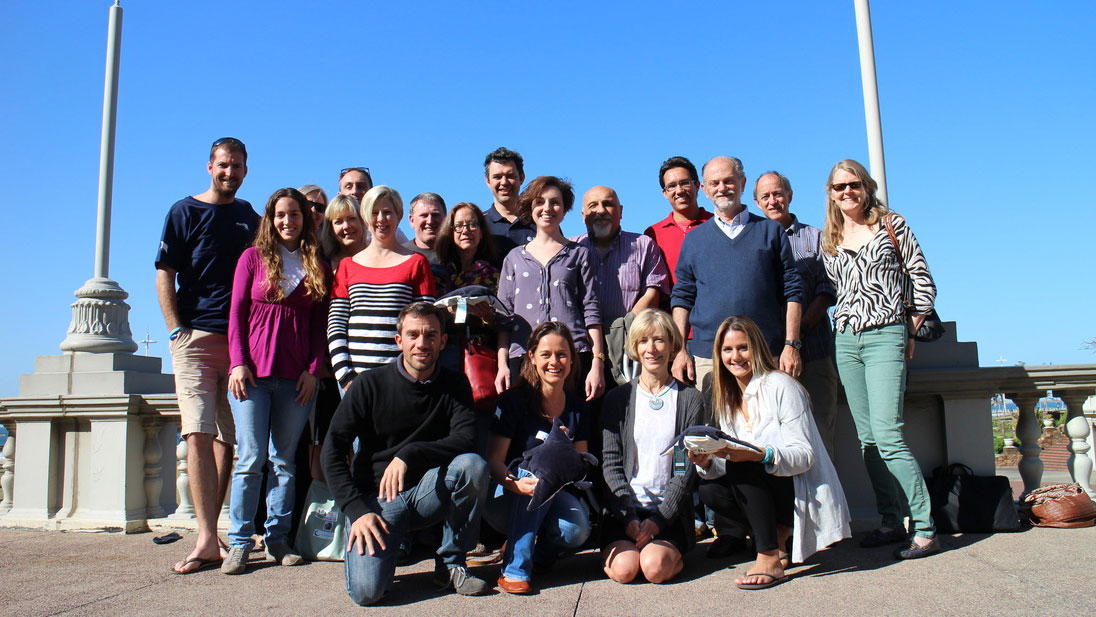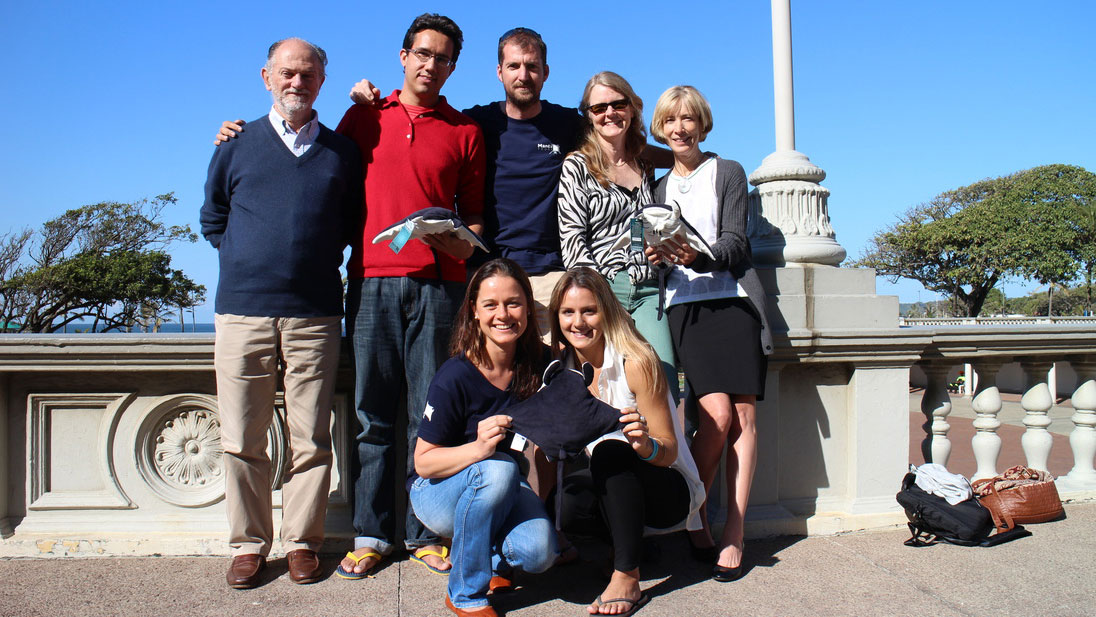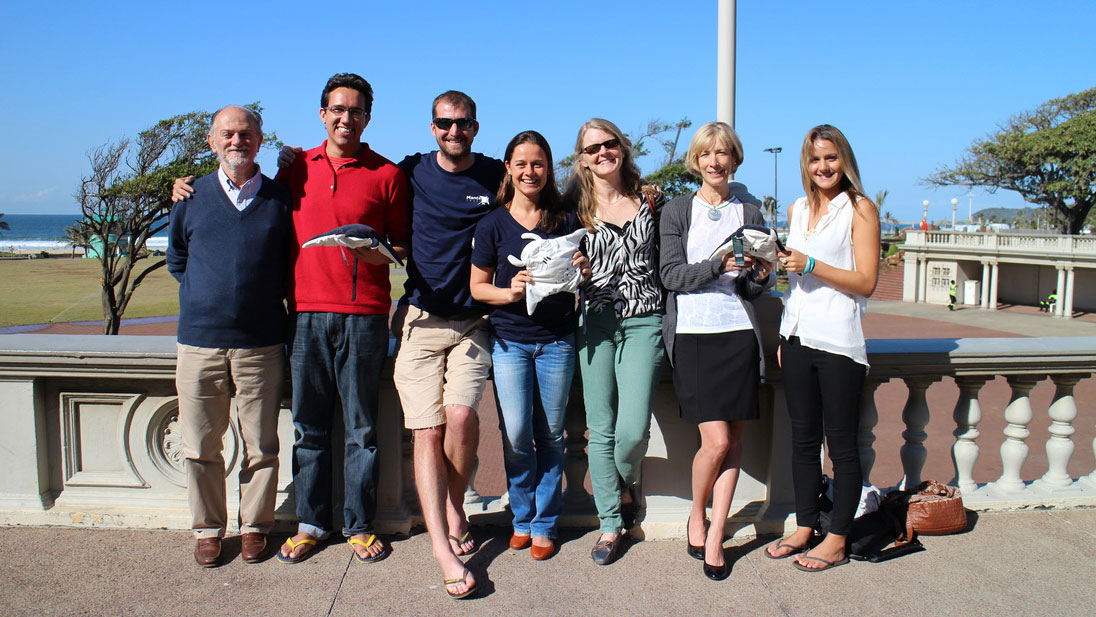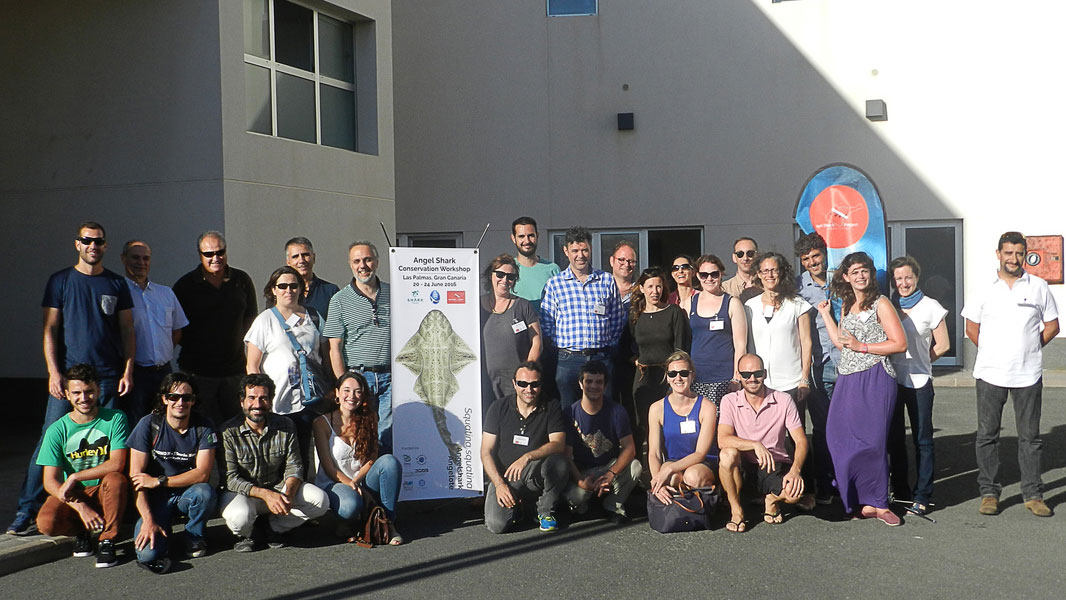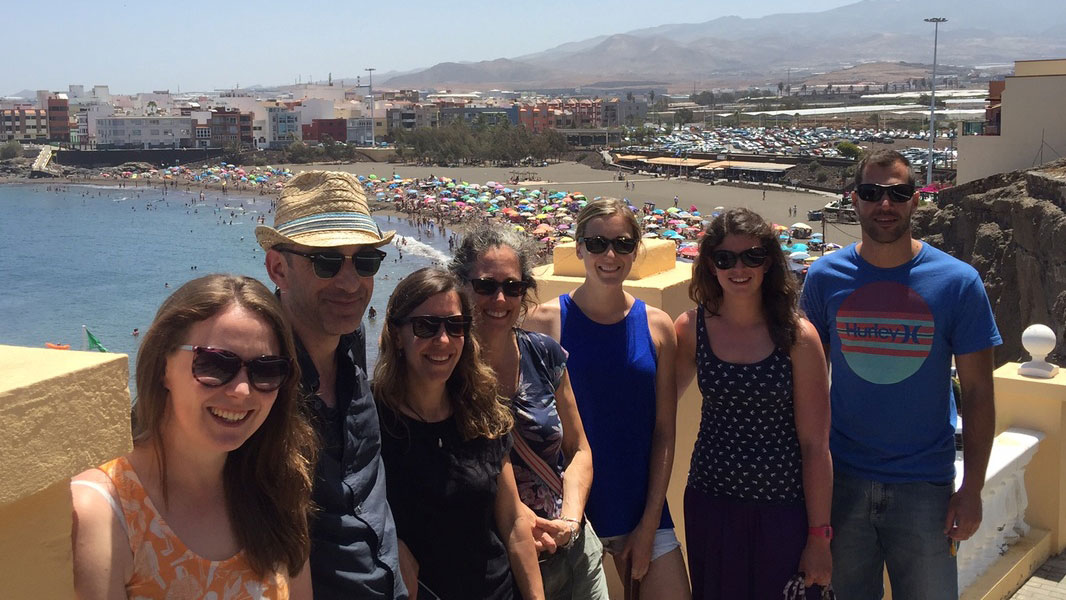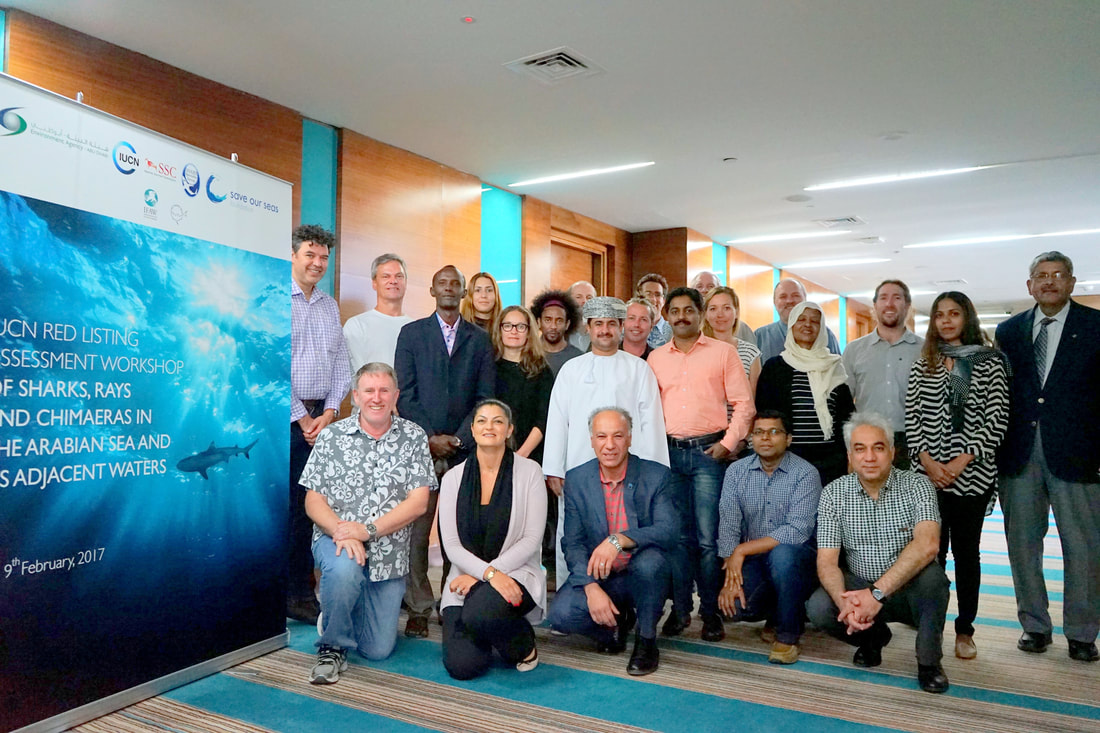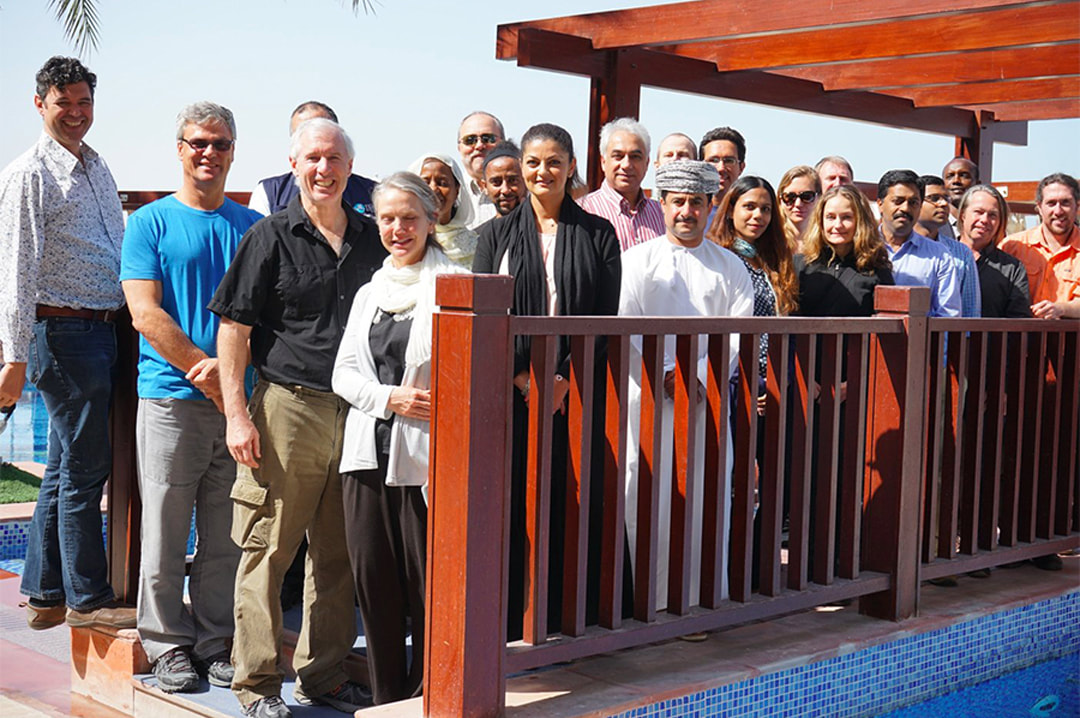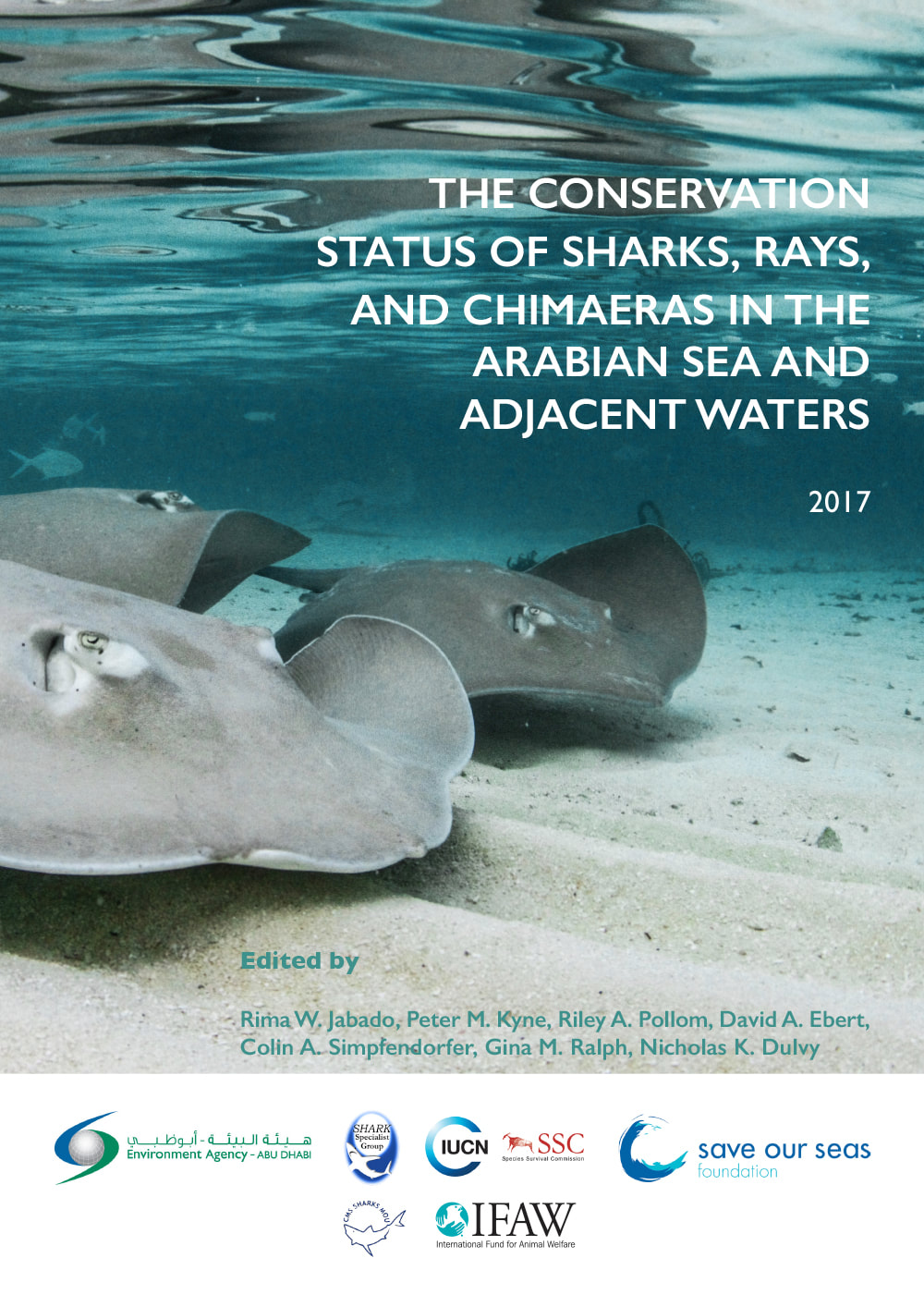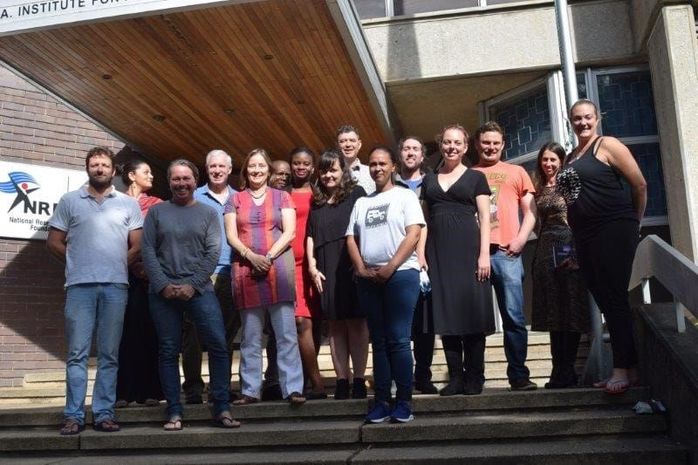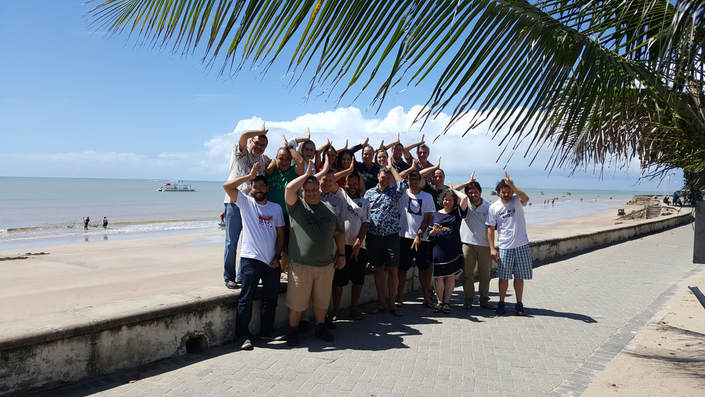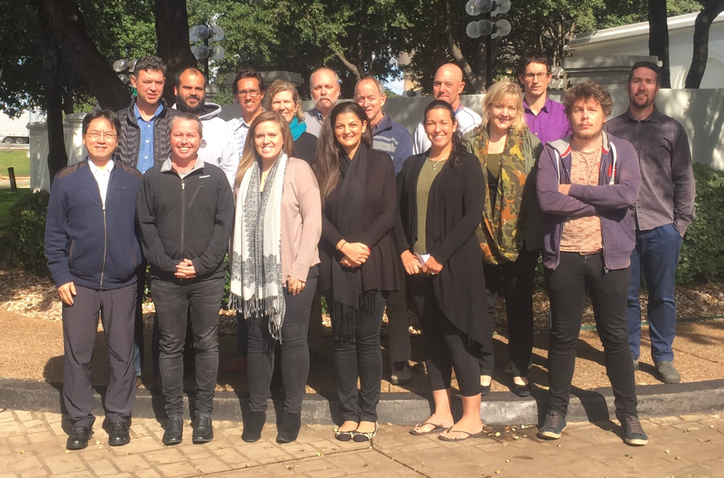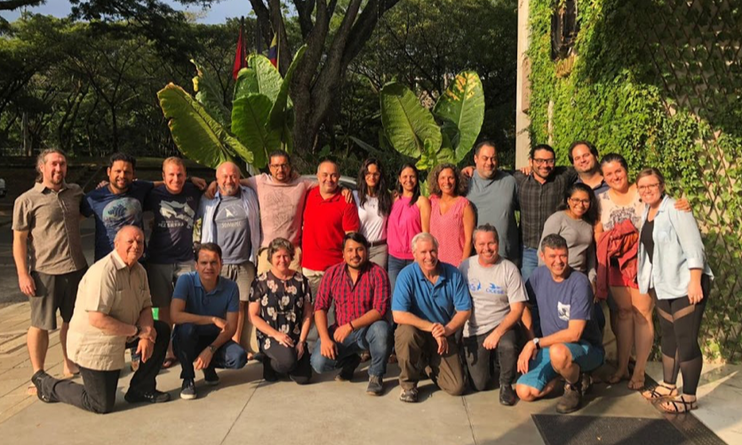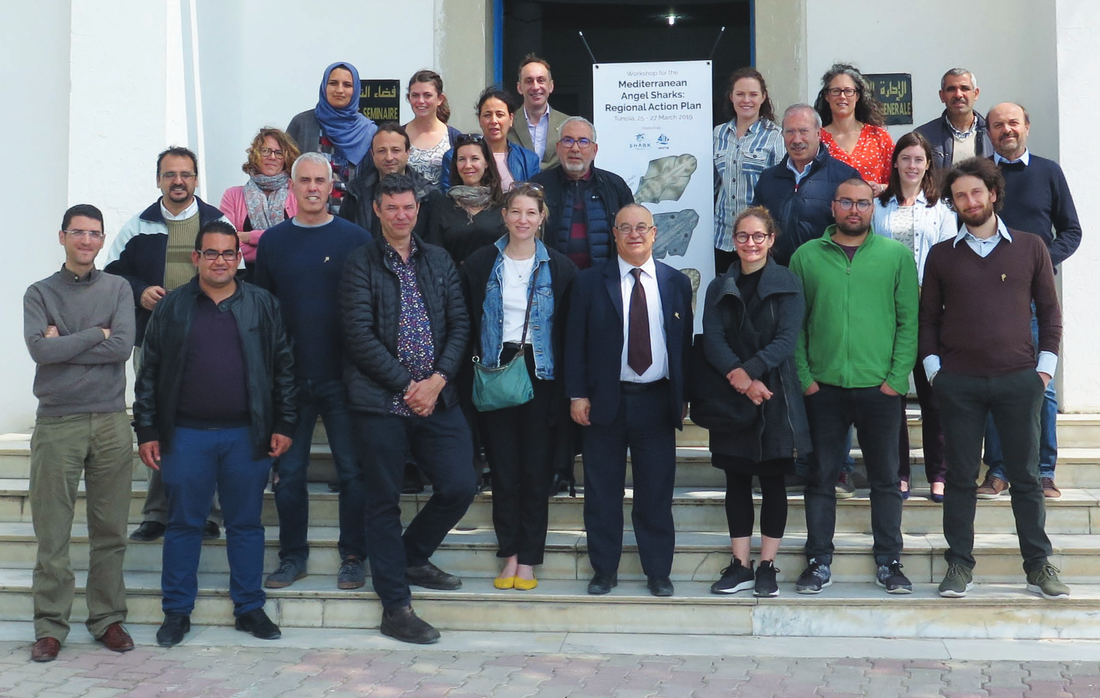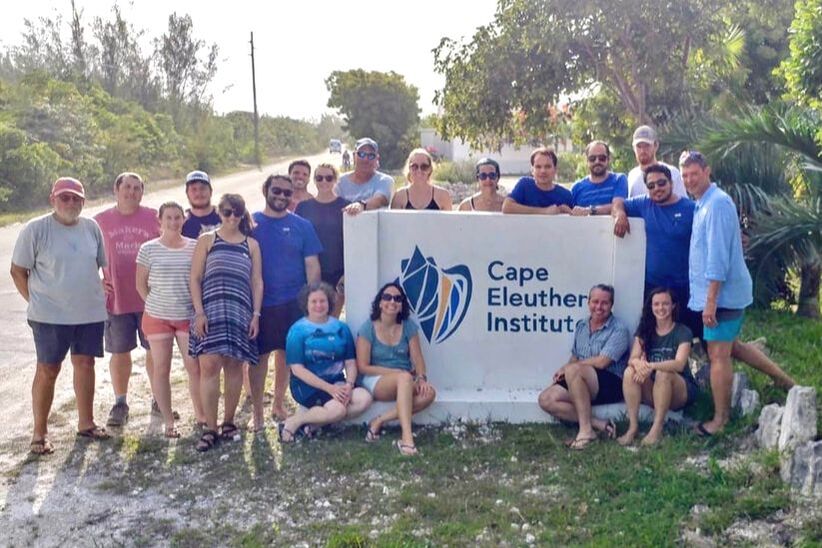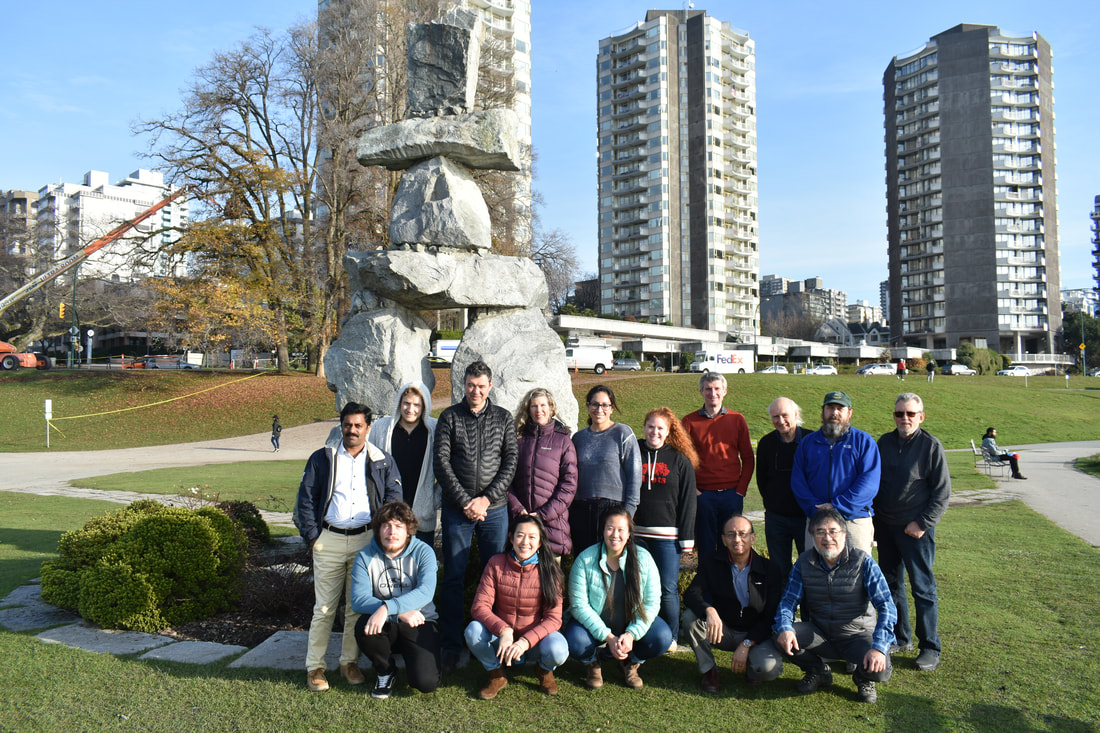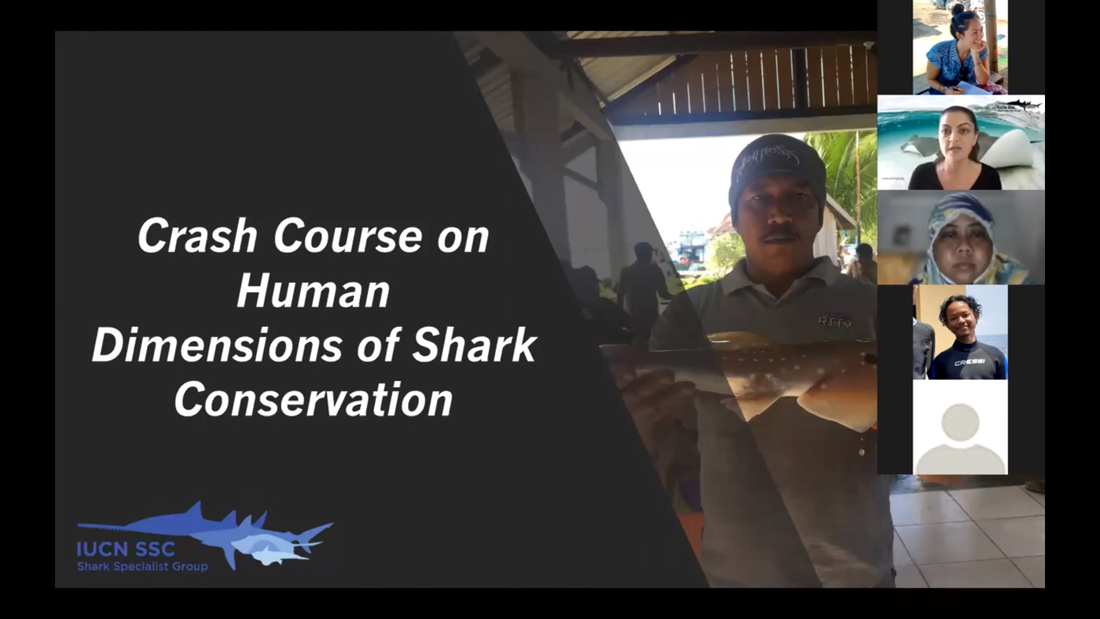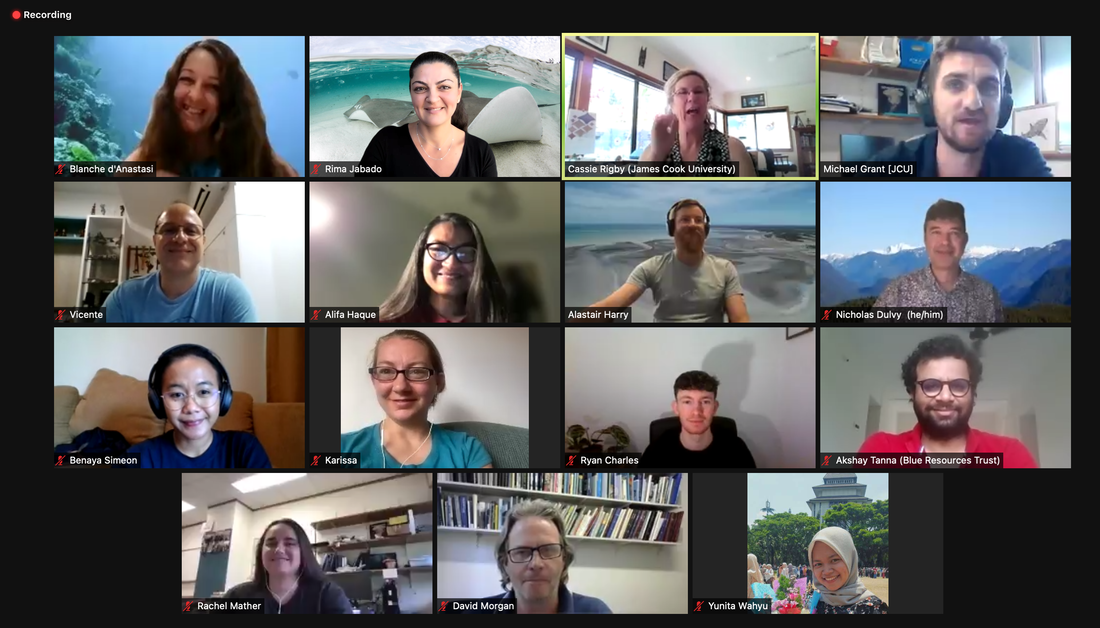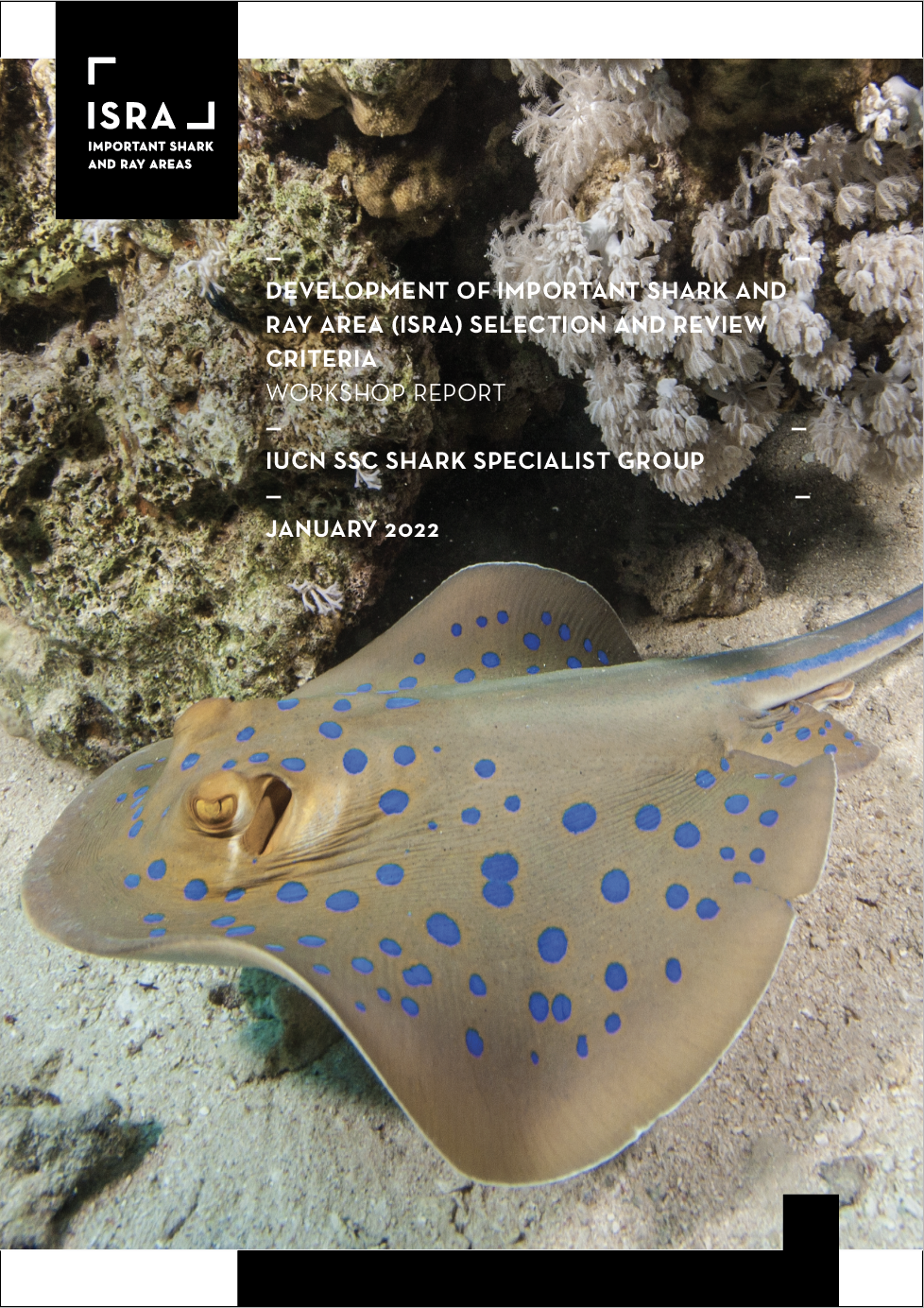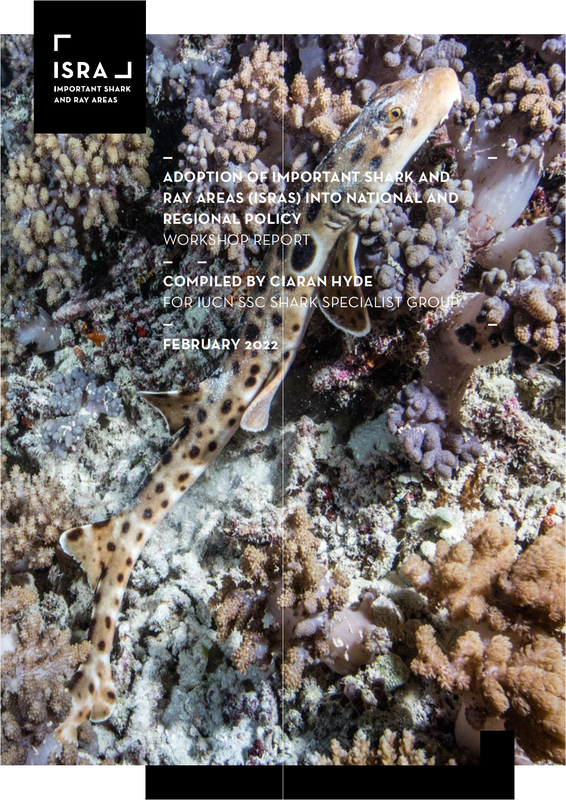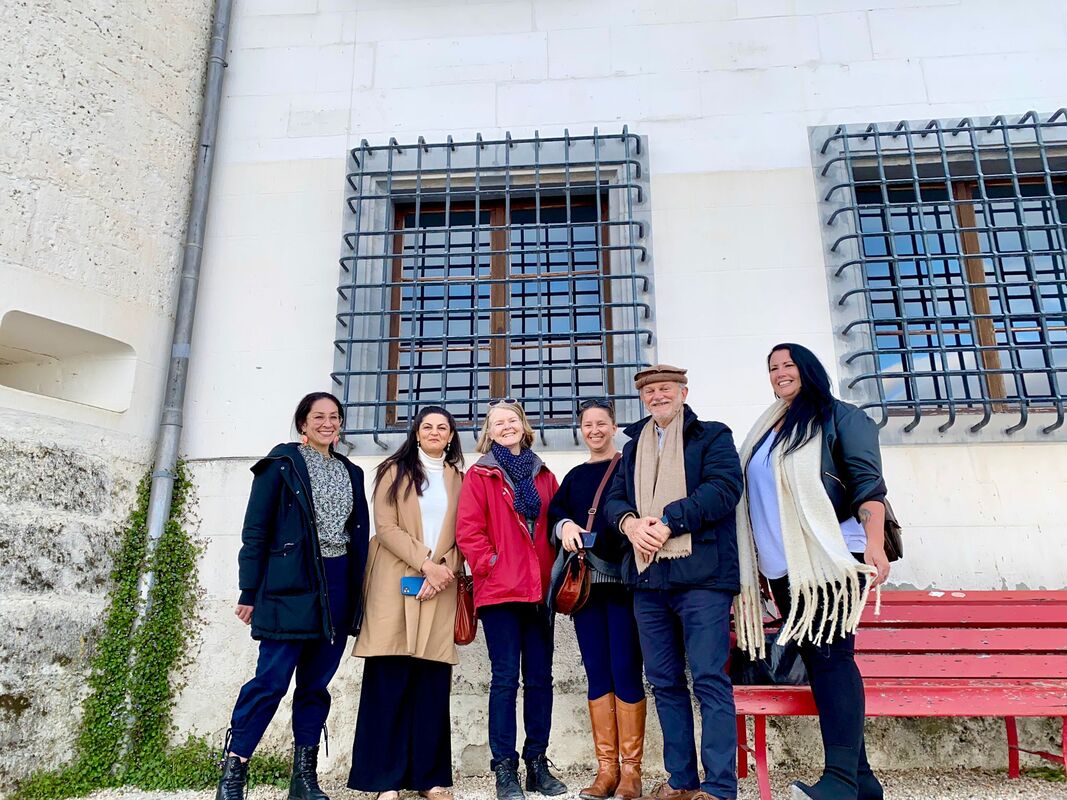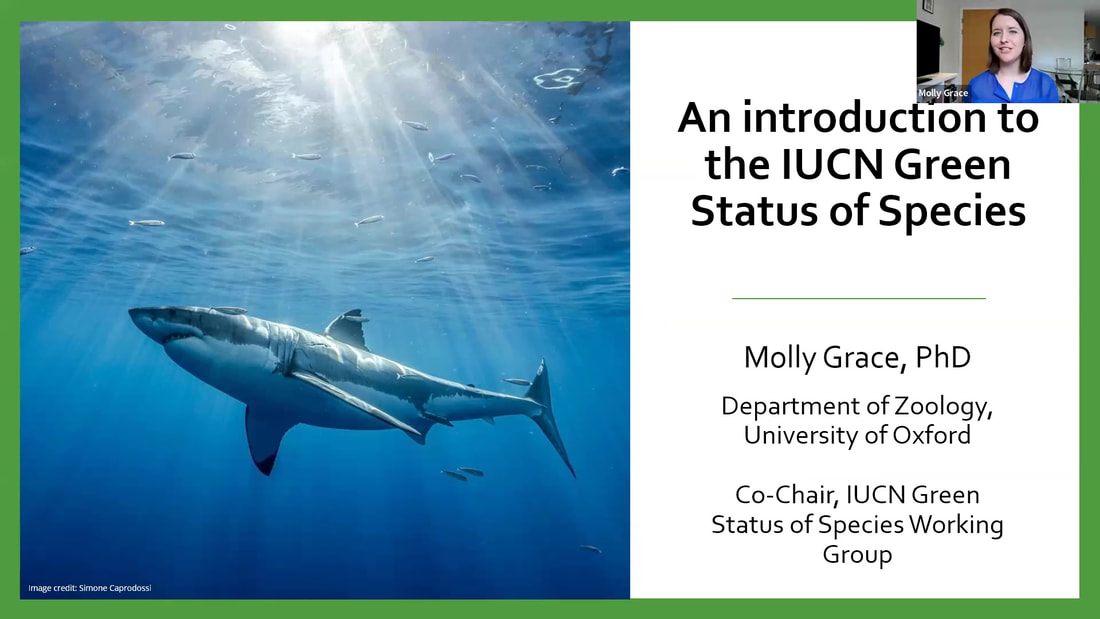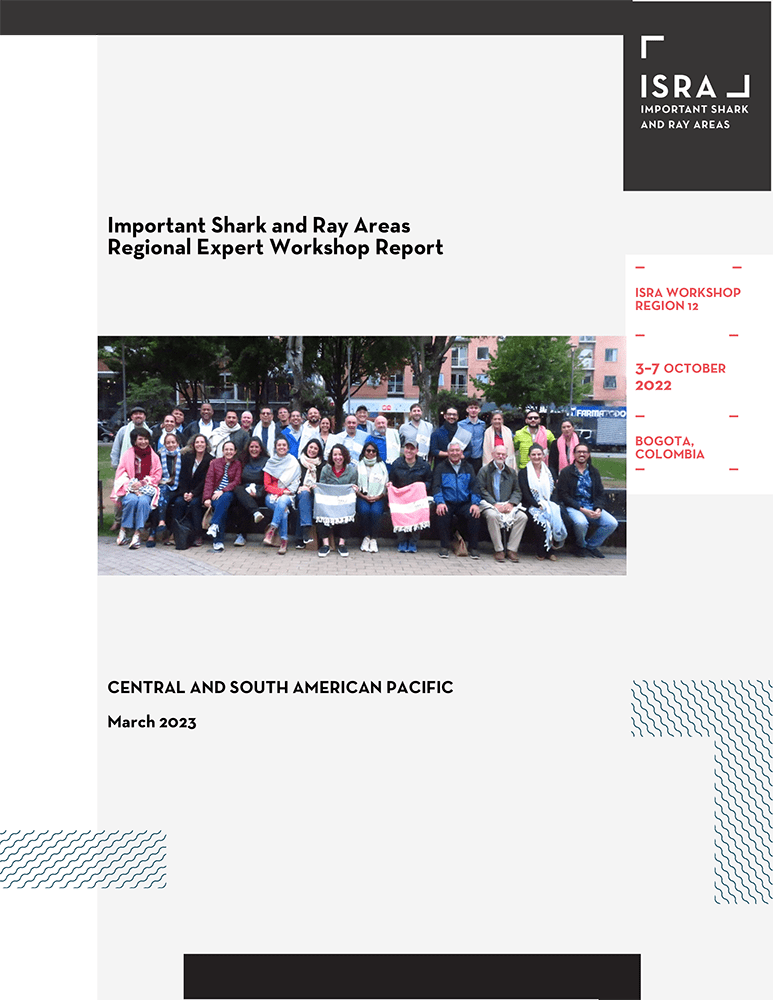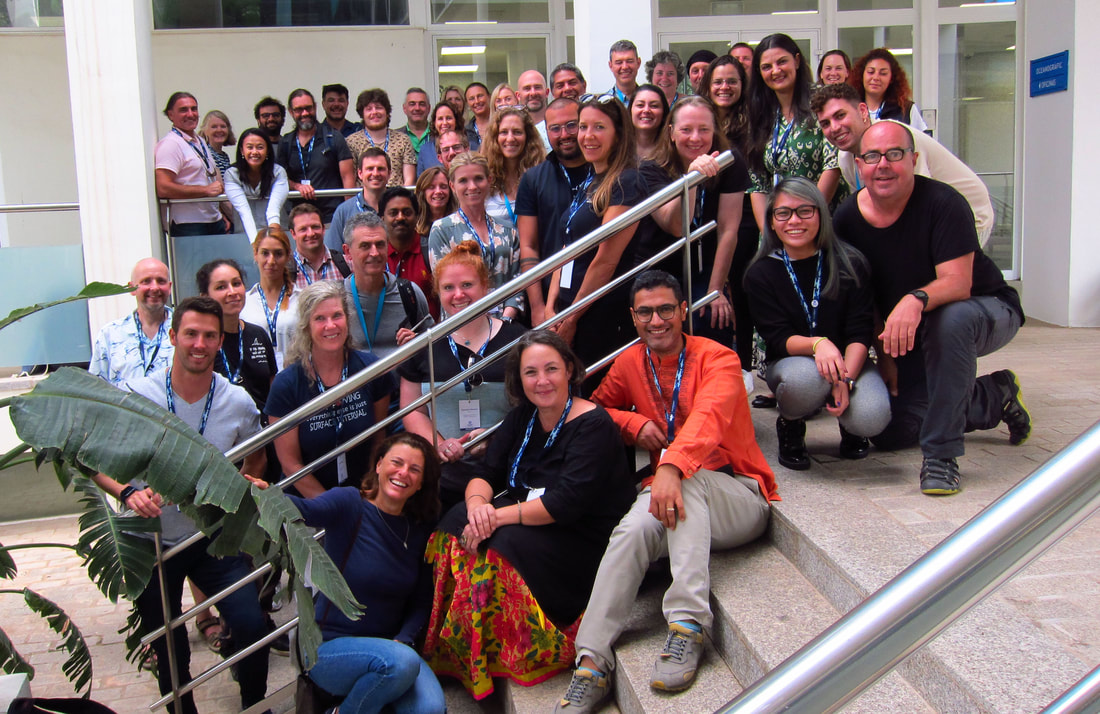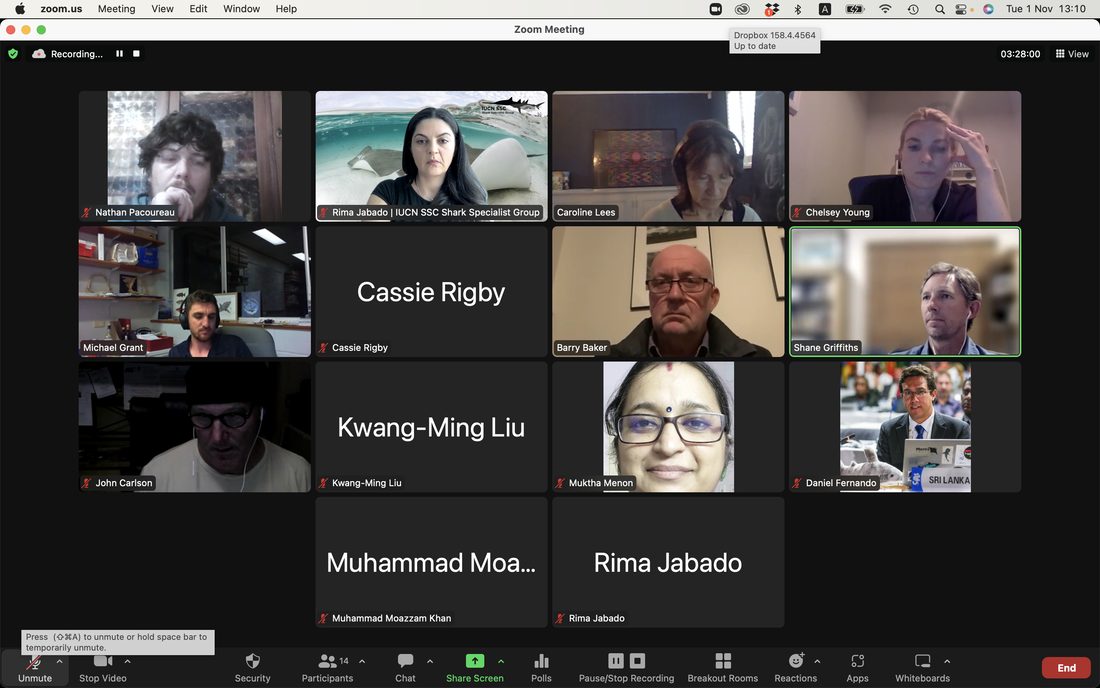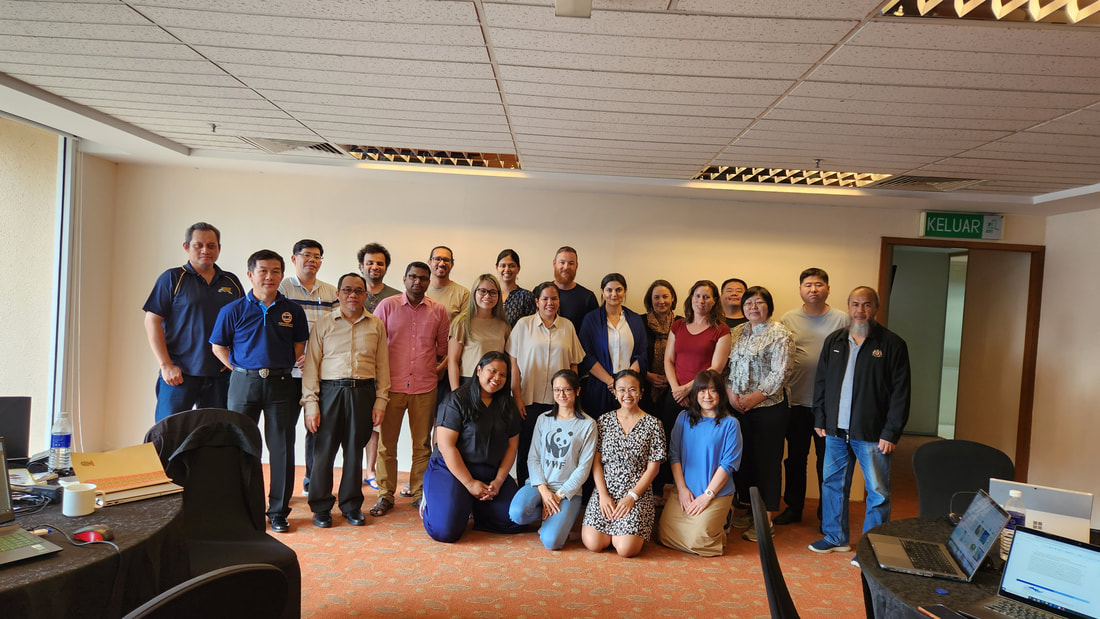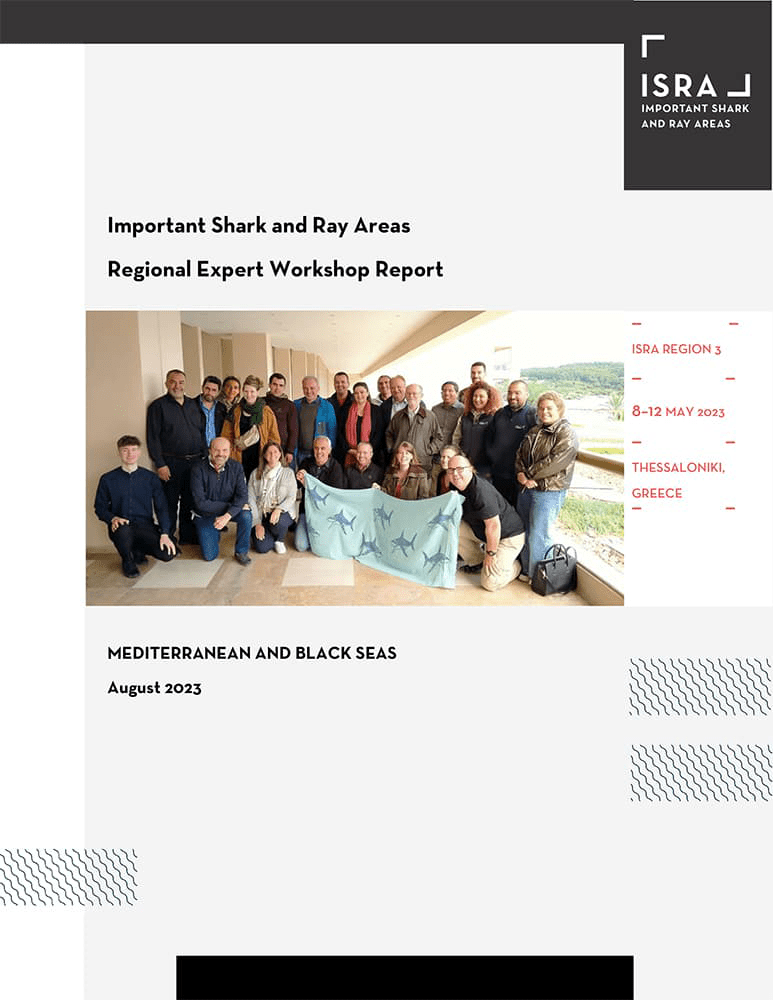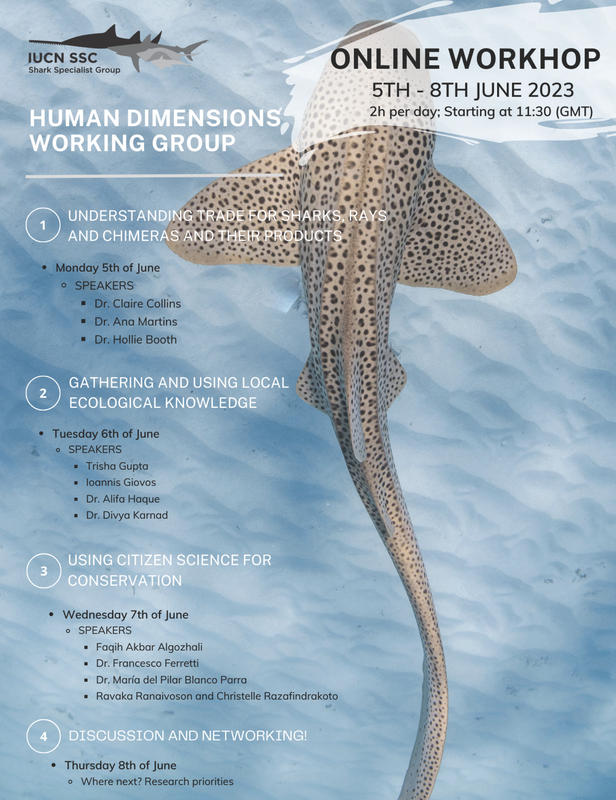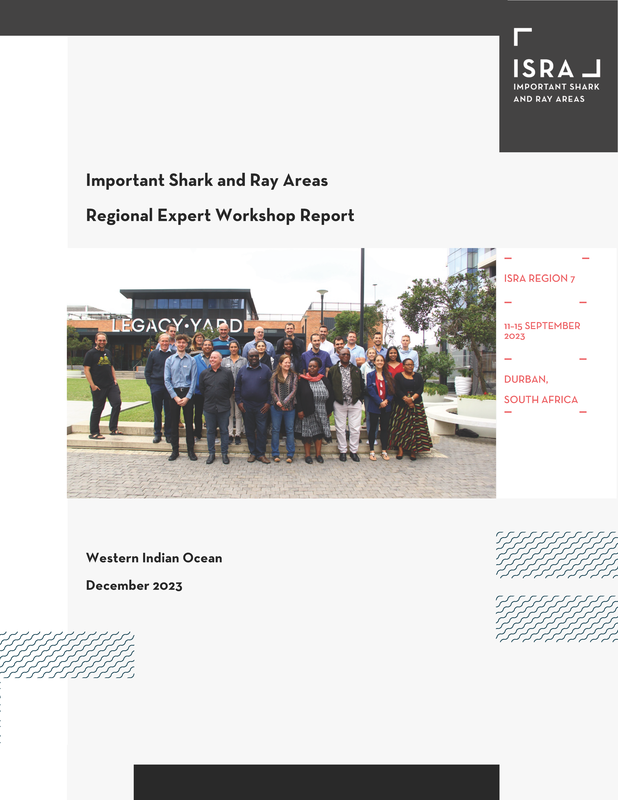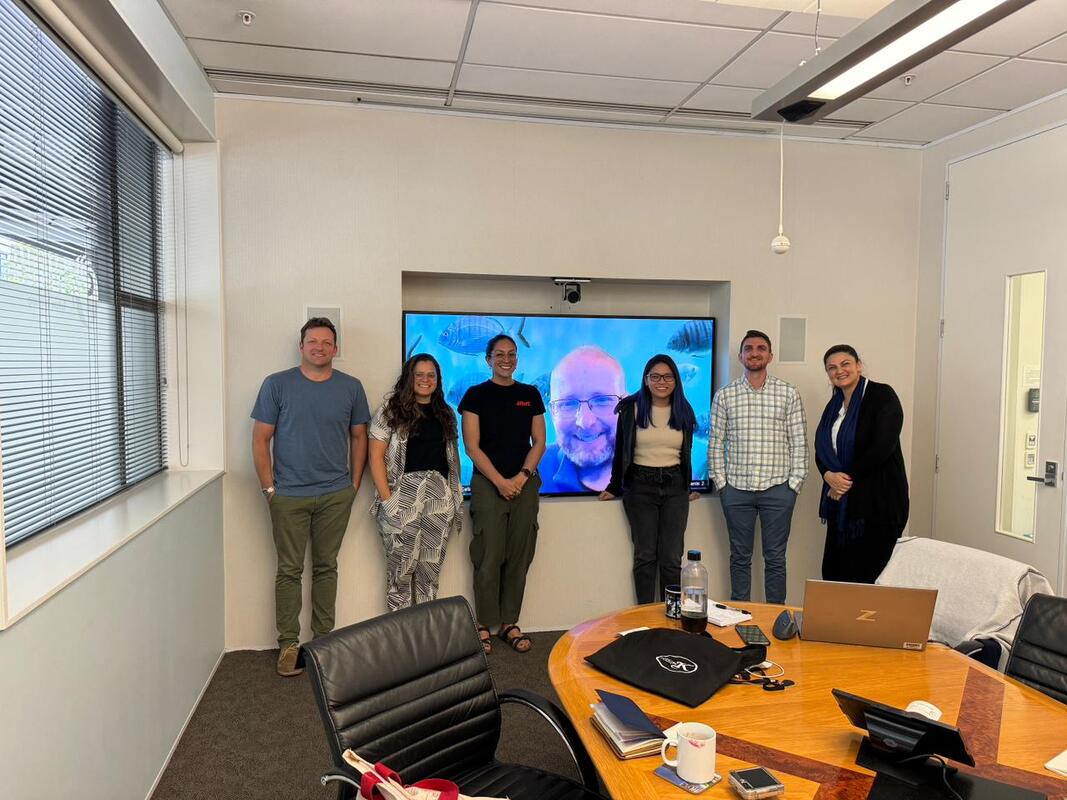IUCN SSC Shark Specialist Group (SSG)
Workshop Timeline
A trip down memory lane in the history of workshops...
1st Decade | 1991 – 2000
August 15 – 18, 1995
Study Group on Elasmobranch Fishes
The International Council for the Exploration of the Sea (ICES)
Copenhagen, Denmark
Study Group on Elasmobranch Fishes
The International Council for the Exploration of the Sea (ICES)
Copenhagen, Denmark
June 1996
Shark Specialist Group meeting
During the 12th American Elasmobranch Society (AES) annual meeting
New Orleans, Louisiana, USA
Shark Specialist Group meeting
During the 12th American Elasmobranch Society (AES) annual meeting
New Orleans, Louisiana, USA
June 26 – July 2, 1997
Shark Specialist Group meeting
During 13th American Elasmobranch Society (AES) annual meeting
Seattle, Washington, USA
Shark Specialist Group meeting
During 13th American Elasmobranch Society (AES) annual meeting
Seattle, Washington, USA
November 3 – 8, 1997
Shark Specialist Group meeting
5th Into-Pacific Fish Conference
Noumea, New Caledonia
Shark Specialist Group meeting
5th Into-Pacific Fish Conference
Noumea, New Caledonia
2nd Decade | 2001 – 2010
March 7 – 9, 2003
IUCN SSG Red List Workshop | Australia and Oceania
North Stradbroke Island, Australia
IUCN SSG Red List Workshop | Australia and Oceania
North Stradbroke Island, Australia
The chondrichthyan fauna of this area is particularly diverse, with ~350 (approximately one third) of all known species occurring in this region together with a high degree of endemism. A total of 175 species were assessed during the workshop and most of these will appear on the 2003 Red List. Critically Endangered species include deepwater sharks: Harrisson’s dogfish, Centrophorus harrissoni, a regional endemic, and the southern dogfish, C. uyato (Critically Endangered in Australia, but currently Data Deficient globally due to taxonomic uncertainty). Other Critically Endangered species include the Bizant river shark ,Glyphis sp. A and the northern river shark, Glyphis sp. C. The rare Pondicherry shark, Carcharhinus hemiodon has not been recorded for over 20 years despite surveys in much of its range, and is now considered Critically Endangered. The grey nurse shark, Carcharias taurus, whilst a globally Vulnerable species, is Critically Endangered on the east coast of Australia where severe declines in abundance have been documented.
June 23 – 25, 2003
IUCN SSG Red List Workshop | South America
Manaus, Brazil
Part of the 19th American Elasmobranch Society Meeting | June 26 – July 1, 2003
IUCN SSG Red List Workshop | South America
Manaus, Brazil
Part of the 19th American Elasmobranch Society Meeting | June 26 – July 1, 2003
This region is an important centre of chondrichthyan biodiversity, with >300 species, including many endemics. The results of this workshop are not yet available; considerable consultation remains to be undertaken on the ~90 Red List assessments agreed by consensus among workshop participants before an analysis can be provided. These assessments will be included in the 2004 Red List. Preliminary indications are that a number of species are cause for serious concern, these include the endemic daggernose shark, Isogomphodon oxyrhynchus for which population declines of >90% have been documented in the past decade. Another endemic, the striped smoothhound, Mustelus fasciatus is also considered Critically Endangered, with the Brazilian population thought to be on the verge of extinction. The Brazilian guitarfish, Rhinobatos horkelii and several other species of batoid in this region are also under threat.
September 2003
IUCN SSG Red List Workshop | Sub-Equatorial Africa
Durban, South Africa
IUCN SSG Red List Workshop | Sub-Equatorial Africa
Durban, South Africa
African waters support ~25% of the world’s chondrichthyan species. The high endemicity of the fauna, coupled with virtually no fisheries regulation, accelerating fisheries and other marine activities by humans, and localized marine habitat degradation, calls for considerable urgency in addressing the sustainable exploitation and conservation of chondrichthyans of this region. Results from this workshop (~120 species) are pending, and will be included in the 2004 Red List. Huge gaps in the knowledge of trends in chondrichthyan populations were revealed with many Data Deficient species. This region is one of the least known areas in terms of biodiversity and conservation status of sharks and rays, and much work is needed to address this.
September 29 – October 1, 2003
IUCN SSG Red List Workshop | Mediterranean Sea
San Marino
Convened jointly with the IUCN Centre for Mediterranean Cooperation
(read IUCN overview)
IUCN SSG Red List Workshop | Mediterranean Sea
San Marino
Convened jointly with the IUCN Centre for Mediterranean Cooperation
(read IUCN overview)
Preliminary results from this workshop indicate that almost half of the species assessed in the Mediterranean are threatened and 30% Data Deficient. Highly threatened species include the common skate, Dipturus batis. This once common species, extremely vulnerable to trawl fisheries, has virtually disappeared from the region. Carcharias taurus and the smalltooth sandtiger, Odontaspis ferox are also extremely rare. Other species of concern include the three regional species of angel sharks, Squatina aculeate, S. oculata and S. squatina; the sawfishes Pristis pectinata and P. pristis, guitarfish Rhinobatos cemiculus and R. rhinobatos; the blue stingray, Dasyatis chrysonota and several other batoids.
November 27 – 29, 2003
Deepsea Chondrichthyan Workshop
Dunedin, New Zealand
Held in conjunction with DeepSea 2003 and co-sponsored by FAO and DEFRA
Deepsea Chondrichthyan Workshop
Dunedin, New Zealand
Held in conjunction with DeepSea 2003 and co-sponsored by FAO and DEFRA
This Pre-Conference Meeting, convened jointly by FAO and the IUCN SSC Shark Specialist Group, was held in conjunction with DeepSea 2003. The workshop contributed to promoting the implementation of the FAO IPOA-Sharks and was funded by the Packard Foundation, UK Defra, and the Japanese Government Trust Fund. Specialists from a dozen countries (including two keynote speakers from Japan) presented poster and papers reviewing the life history, ecology, taxonomy, stock status, utilisation and threats to deepsea chondrichthyans. Much of the third day was devoted to recommending priorities for data collection, research and management for these highly vulnerable fish, many of which are threatened by deepsea fisheries. These conclusions were presented to the DeepSea 2003 Conference the following week.The meeting concluded with a Red List Workshop.
June 15 – 18, 2004
IUCN SSG Red List Workshop | North and Central America
Sarasota, Florida, USA
IUCN SSG Red List Workshop | North and Central America
Sarasota, Florida, USA
Mote Marine Laboratory in Florida hosted this workshop focusing on North and Central America, the sixth in the SSG’s global series to assess the conservation status of chondrichthyans for the IUCN Red List of Threatened Species. More than 50 experts took part including scientists from government agencies, universities, conservation groups and private institutions. Nearly 200 species assessments were drafted and will be submitted to the 2005 IUCN Red List of Threatened Species. A report will be prepared by the SSG summarising the conservation status of chondrichthyans in the region and recommendations for their management.
September 6 – 10, 2004
IUCN SSG Red List Workshop | Batoid (skates and rays)
Cape Town, South Africa
IUCN SSG Red List Workshop | Batoid (skates and rays)
Cape Town, South Africa
The latest in a series of Red List workshops convened by the SSG, this expert meeting focused on the often neglected batoid fauna. Hosted by Marine and Coastal Management, South Africa and funded primarily by Conservation International, this meeting drew together global batoid experts from Argentina, Australia, Brazil, Chile, Germany, Italy, Japan, Malaysia, Namibia, Russia, South Africa, South Korea, UK and USA. Assessments for over 300 species were drafted and the group raised concern about the general status of batoid populations, which face increasing pressure from both directed and bycatch fisheries. These threats, together with an often narrow geographical range and/or habitat specificity resulted in many recommendations for threatened species listing. Concern was also raised over unresolved taxonomic issues and the general lack of research and attention afforded this, the most diverse group of chondrichthyans. Assessments undertaken at the workshop will be submitted to the 2005 IUCN Red List of Threatened Species.
March 2005
Expert Panel Review
Newbury, UK
Expert Panel Review
Newbury, UK
June 2006
West Africa Workshop
Dakar, Senegal
West Africa Workshop
Dakar, Senegal
July 2006
Expert Panel Review
Newbury, UK
Expert Panel Review
Newbury, UK
June 2010
Not Evaluated Species Workshop
Cairns, Australia
Not Evaluated Species Workshop
Cairns, Australia
November 2010
Red List Training Workshop
Galway, Ireland
Red List Training Workshop
Galway, Ireland
3rd Decade | 2011 – 2020
March 2014
Northeast Pacific Workshop
Seattle, Washington, USA
Northeast Pacific Workshop
Seattle, Washington, USA
March 2015
Australia and Oceania Workshop
Townsville, Queensland, Australia
Australia and Oceania Workshop
Townsville, Queensland, Australia
July 2017
New Zealand and Oceania Workshop
Auckland, New Zealand
New Zealand and Oceania Workshop
Auckland, New Zealand
April 2018
Sub-Equatorial Africa Global Shark Trends Workshop
Grahamstown, South Africa
Read Press Release
Sub-Equatorial Africa Global Shark Trends Workshop
Grahamstown, South Africa
Read Press Release
June 2018
Chimaeras Global Shark Trends Workshop
João Pessoa, Brazil
Chimaeras Global Shark Trends Workshop
João Pessoa, Brazil
March 25 – 27, 2019
Mediterranean Angel Sharks: Regional Action Plan
National Institute of Sciences and Technologies of the Sea (INSTM) in Salammbô, Tunisia
Mediterranean Angel Sharks: Regional Action Plan
National Institute of Sciences and Technologies of the Sea (INSTM) in Salammbô, Tunisia
September 2019
Northwest Pacific Global Shark Trends Workshop
Nagasaki, Japan
Northwest Pacific Global Shark Trends Workshop
Nagasaki, Japan
November 4 – 7, 2019
Mediterranean Shark and Ray Conservation Meeting
Palma de Mallorca, Baleares, Spain
Mediterranean Shark and Ray Conservation Meeting
Palma de Mallorca, Baleares, Spain
4th Decade | 2021 – 2030
February 23, 2022
ISRA Workshop - Adoption of ISRAs into National and Regional Policy Workshop
Global, Online
ISRA Workshop - Adoption of ISRAs into National and Regional Policy Workshop
Global, Online

